History of English I, Part 7 Krista

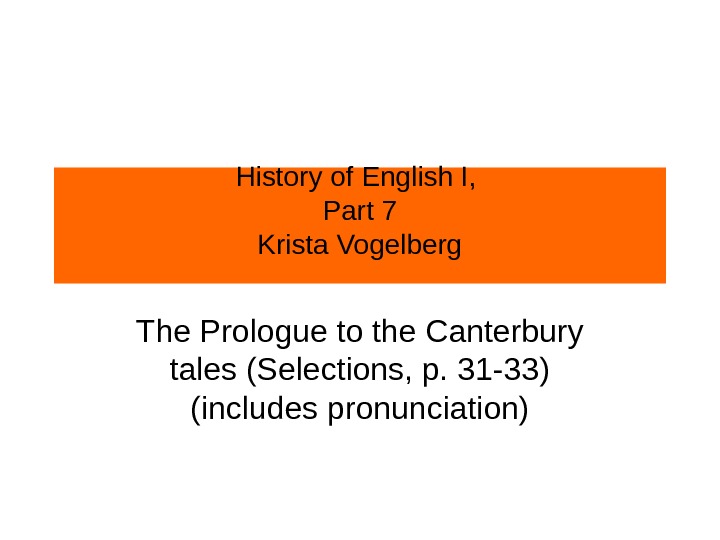
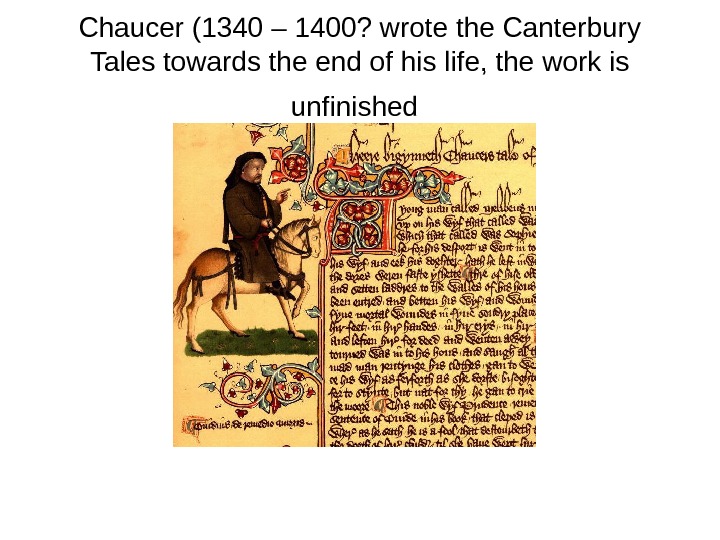

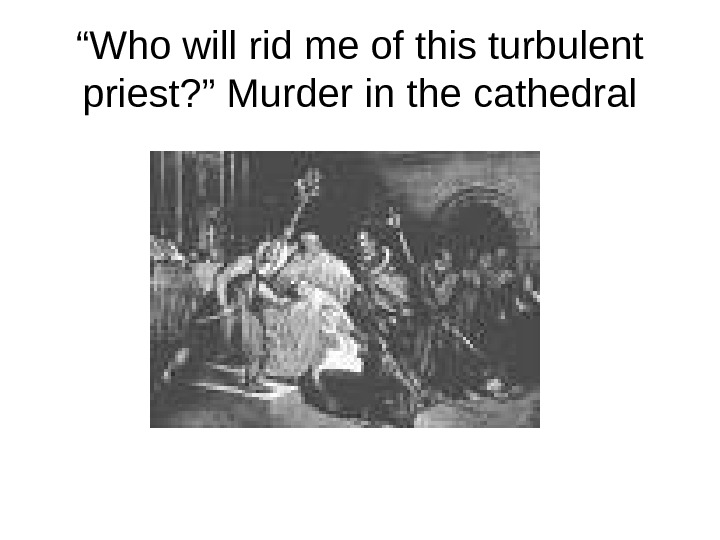
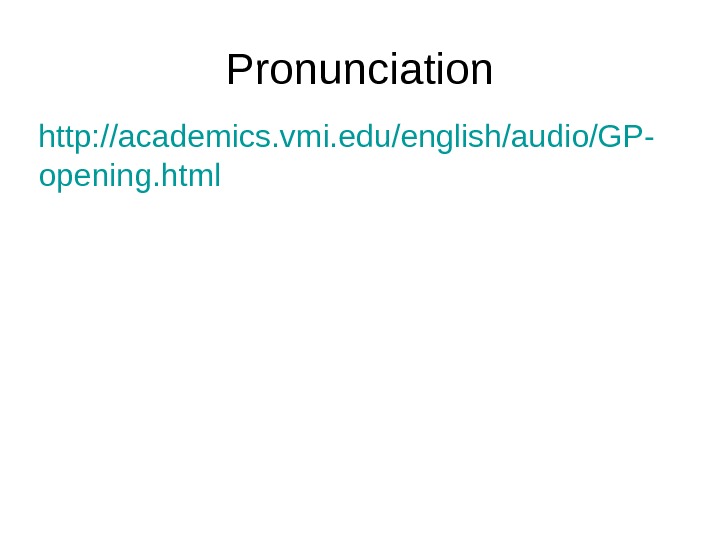
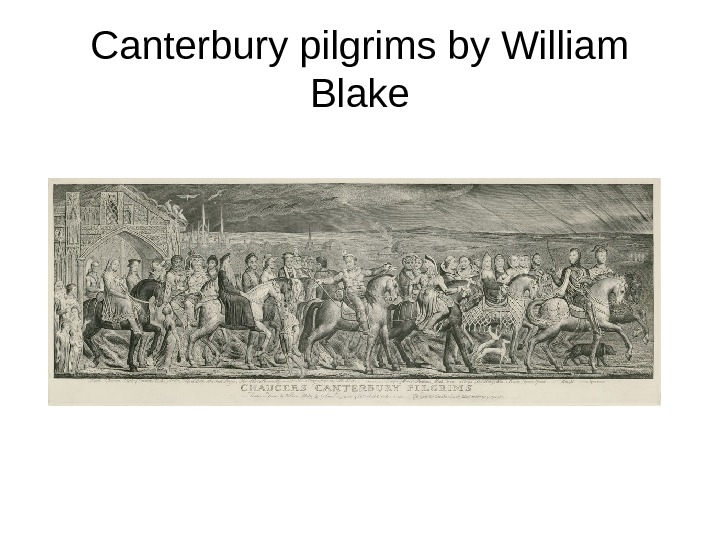
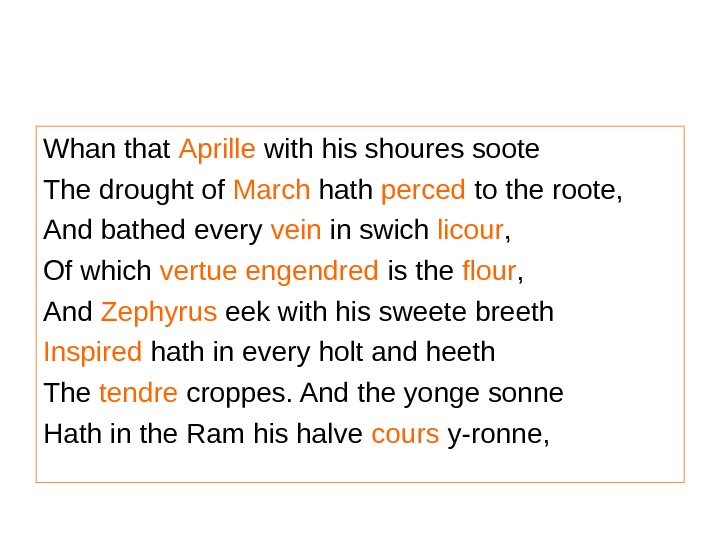
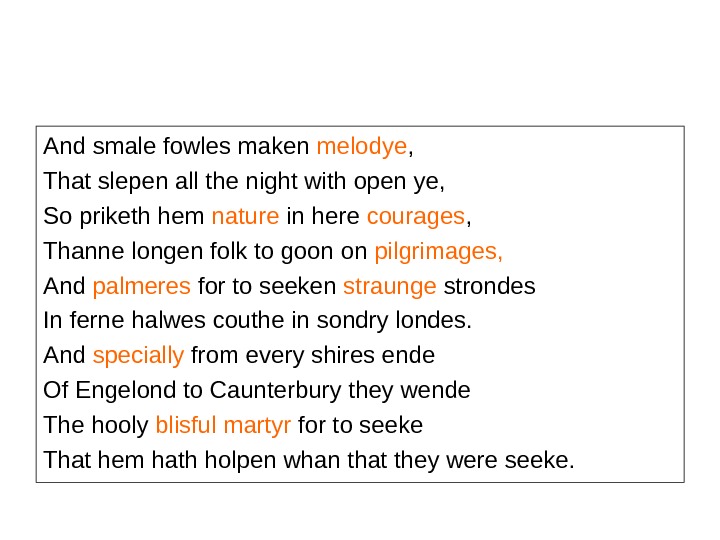
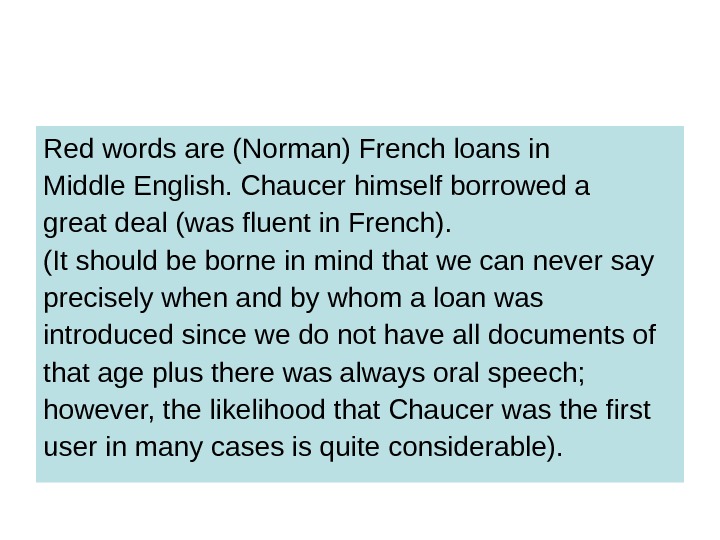
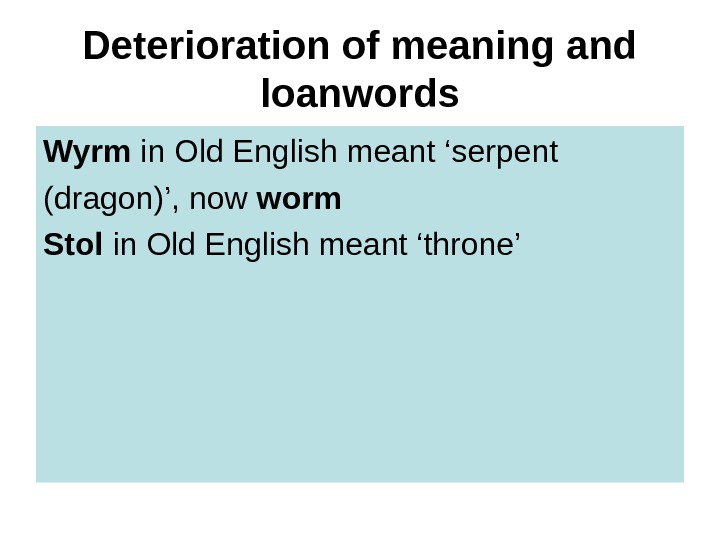
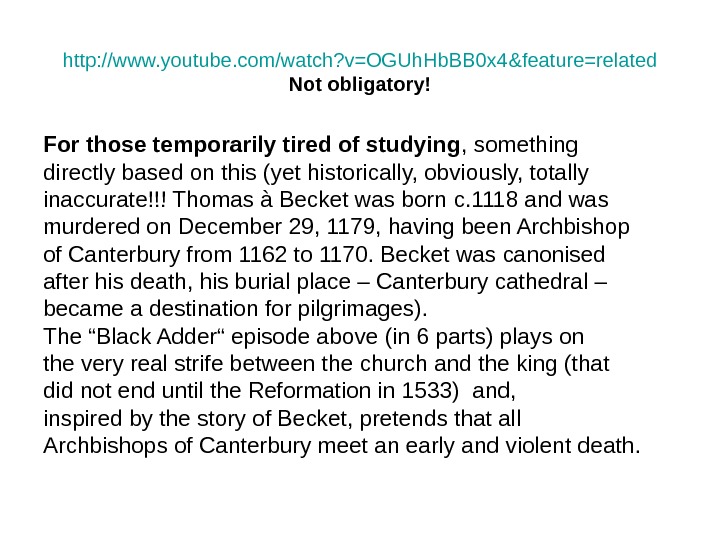
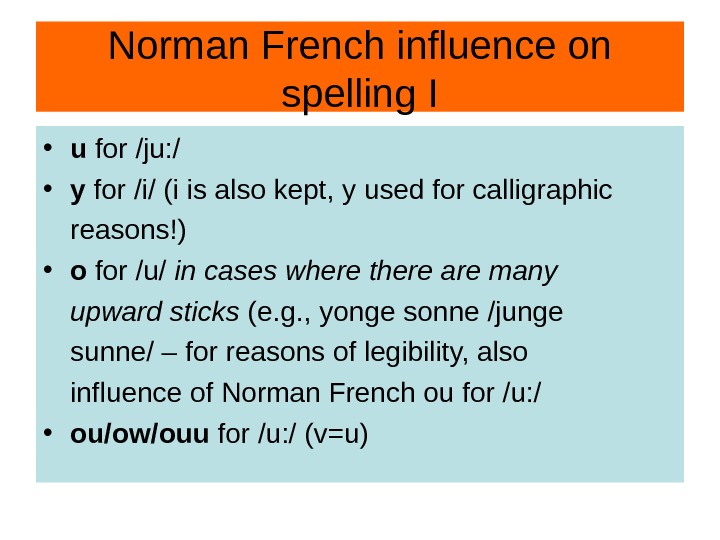
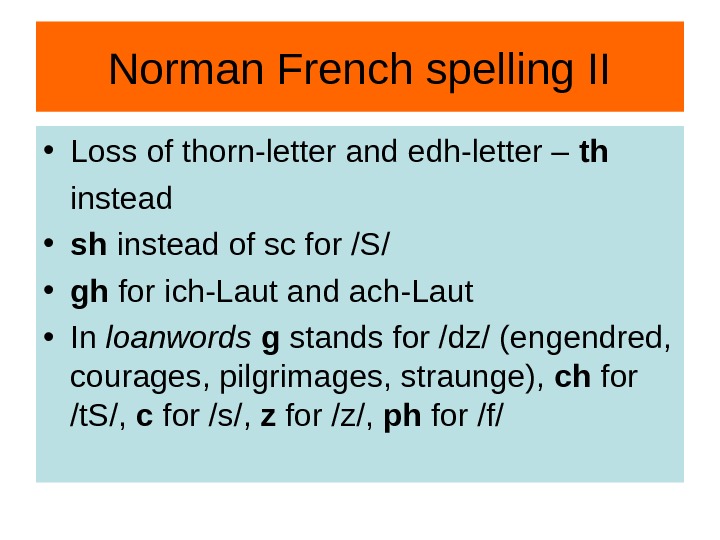
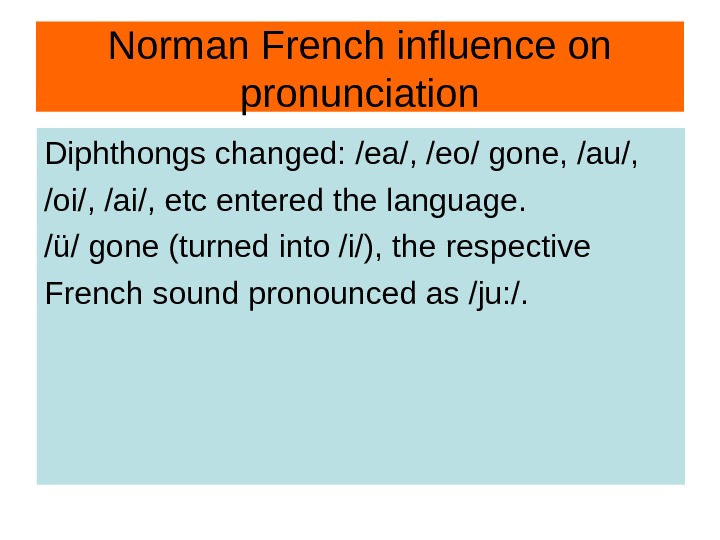
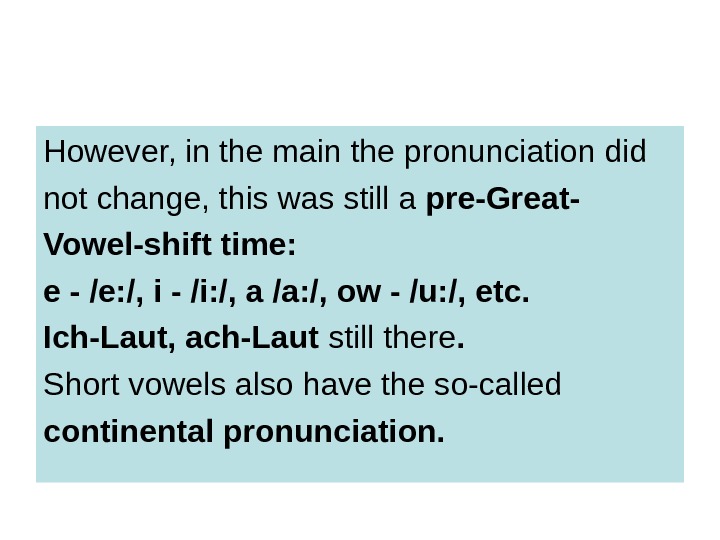
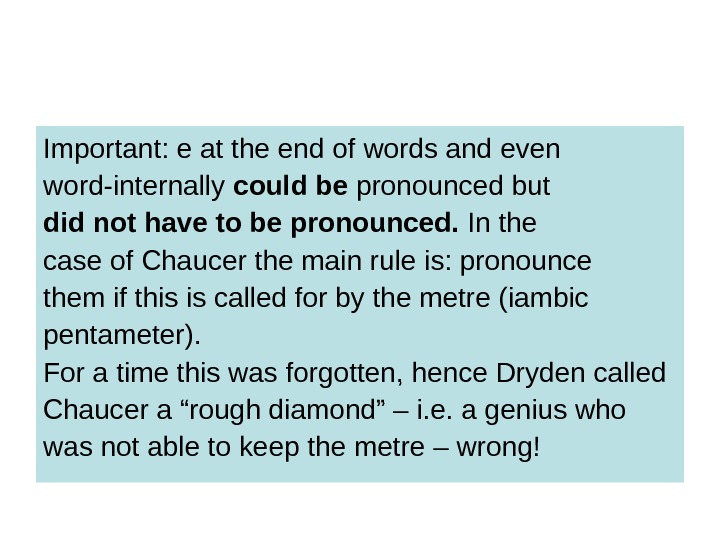
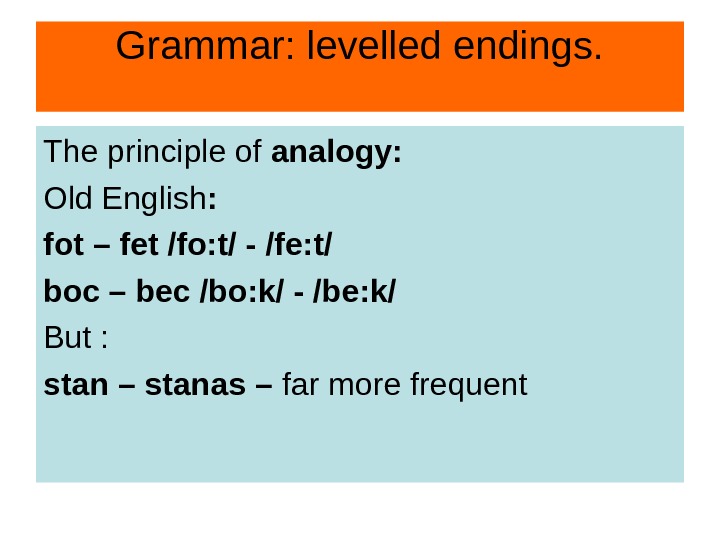
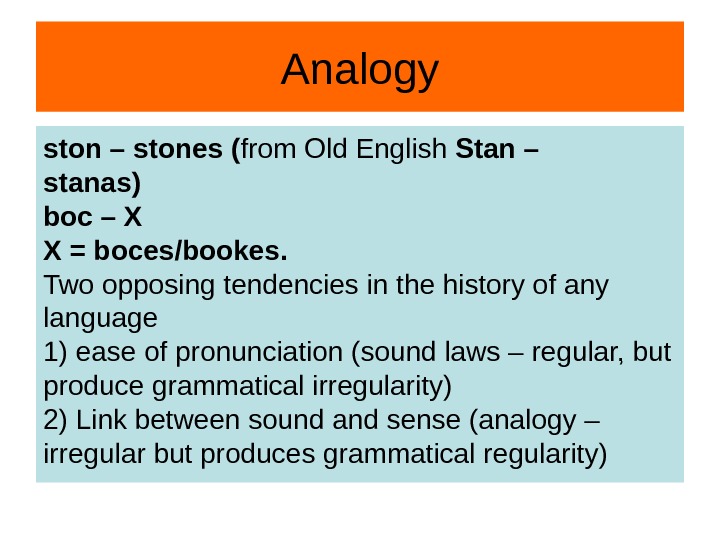
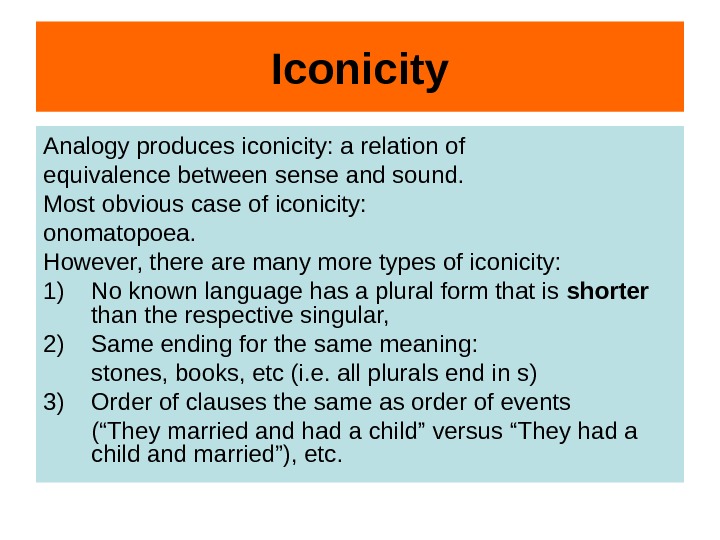
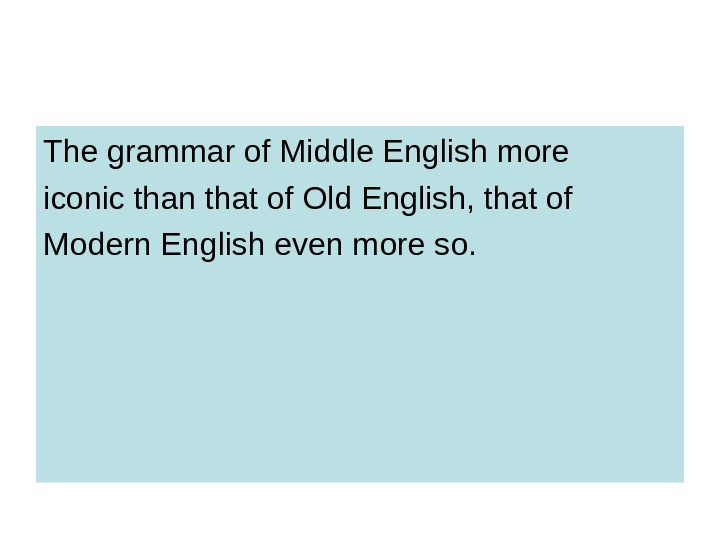
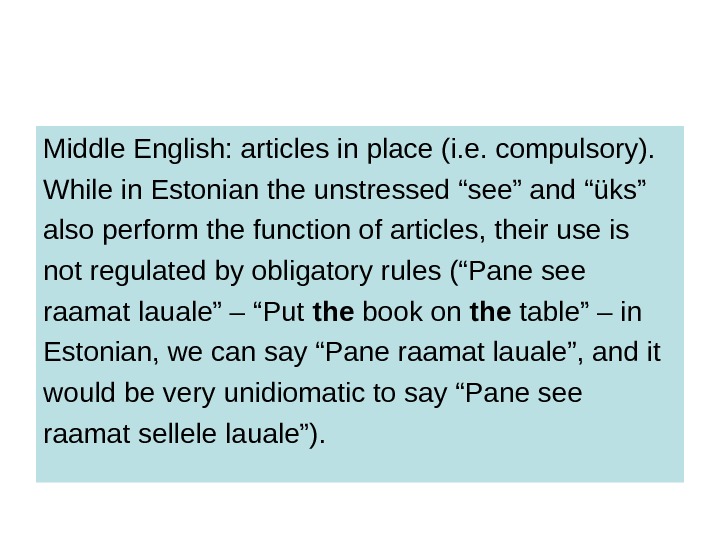
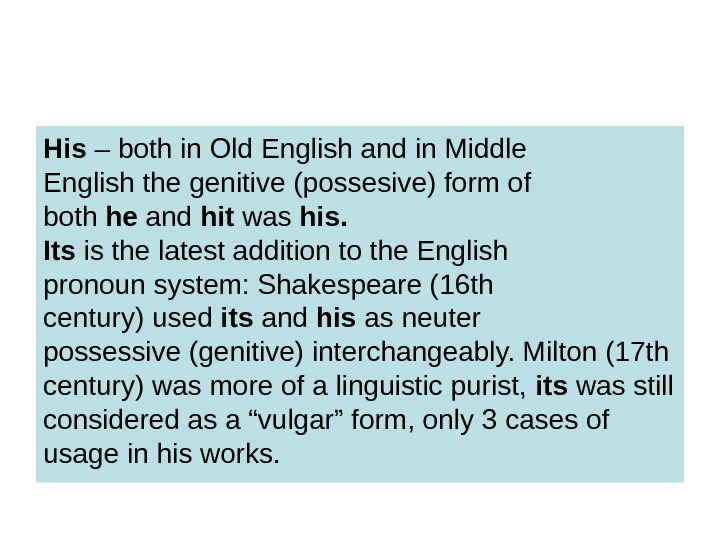
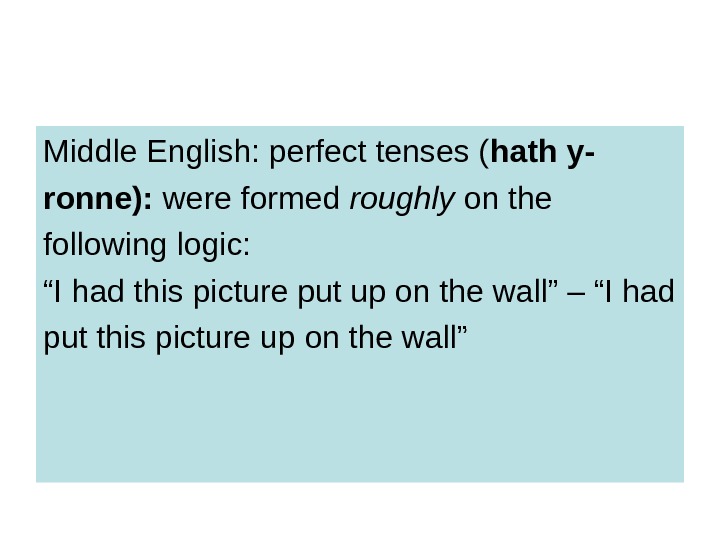
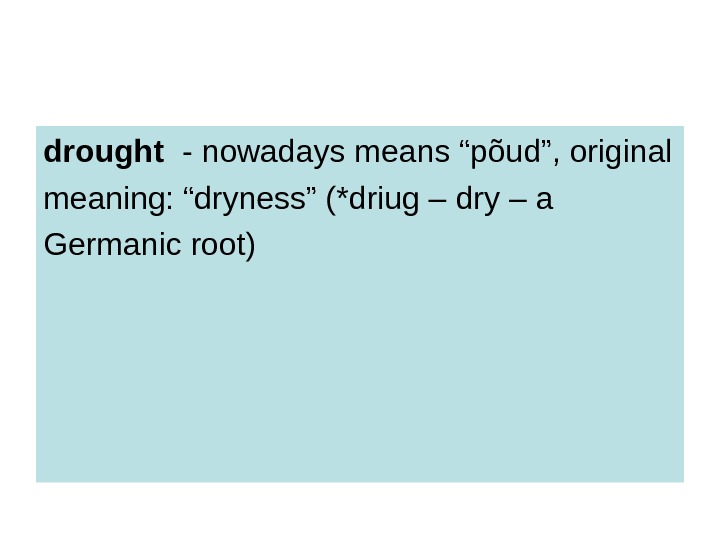
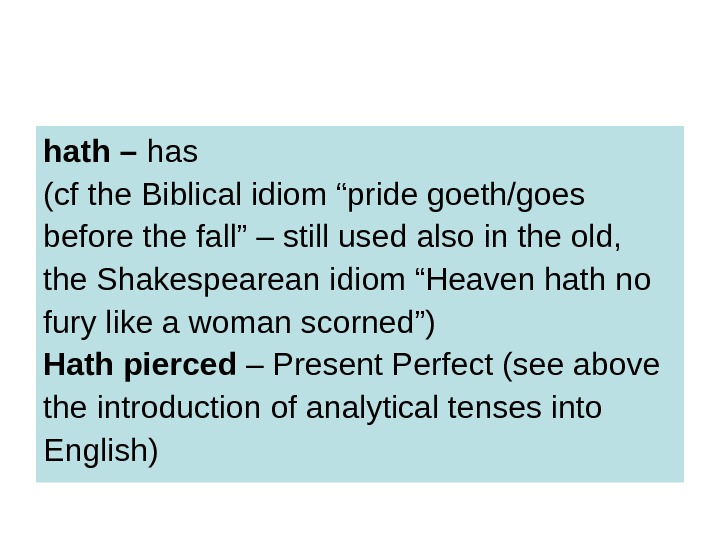
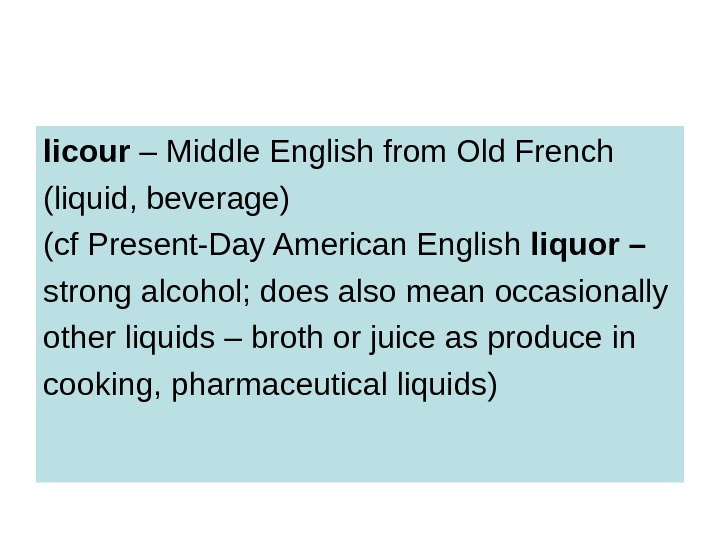
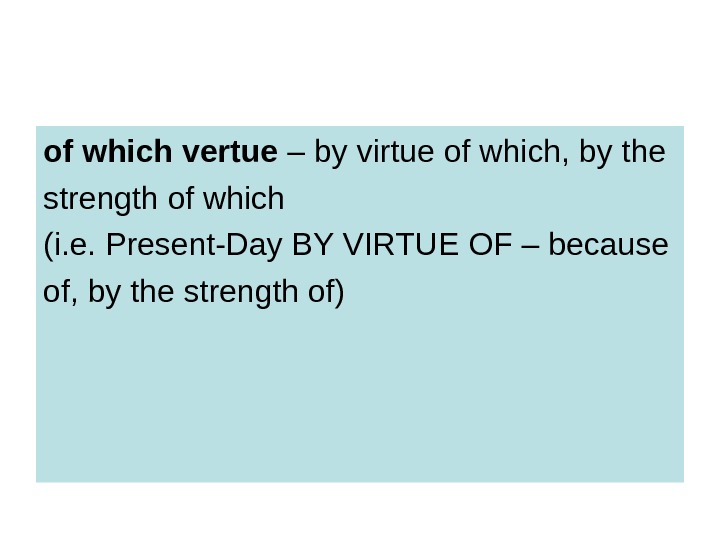
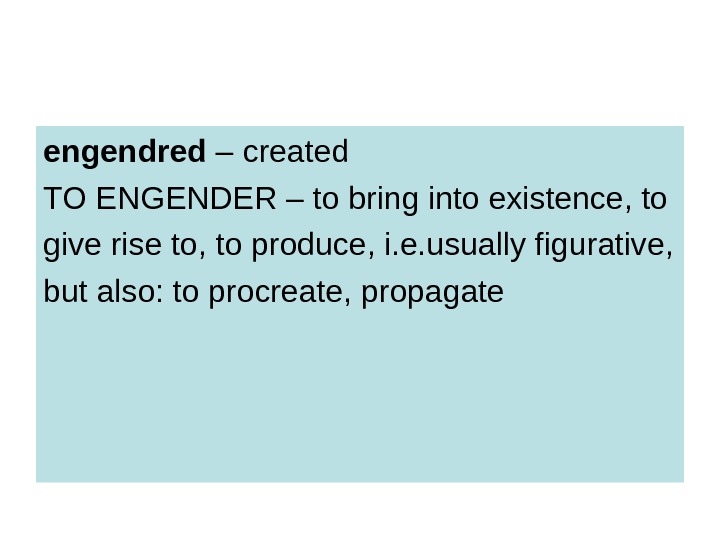
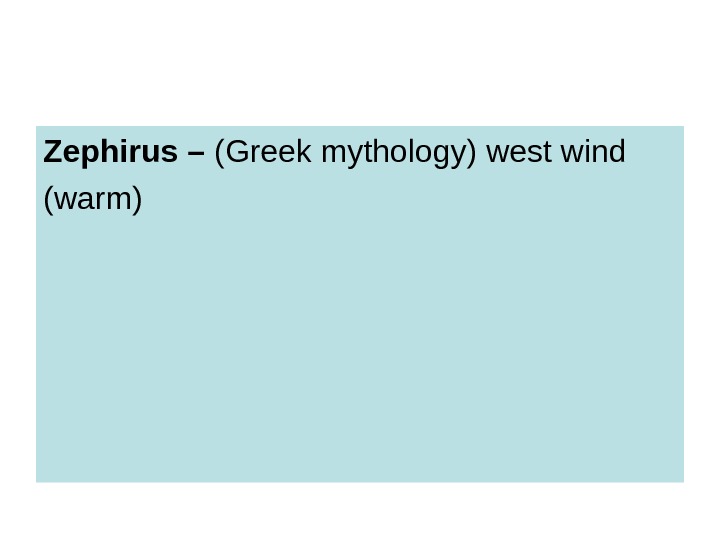
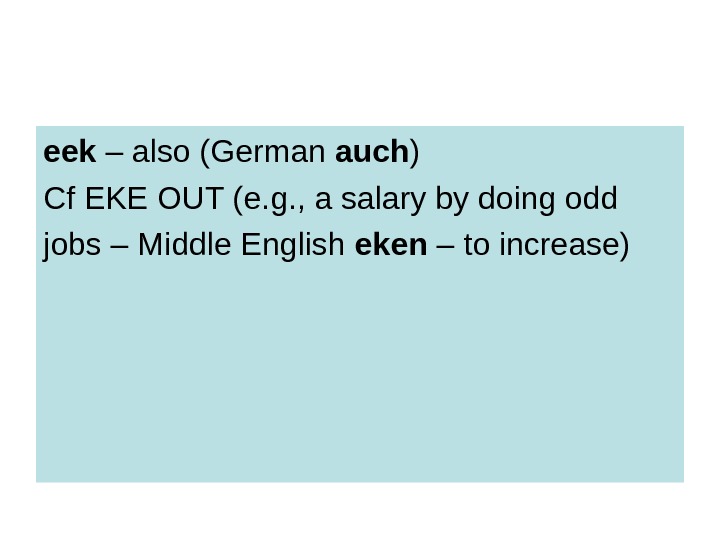
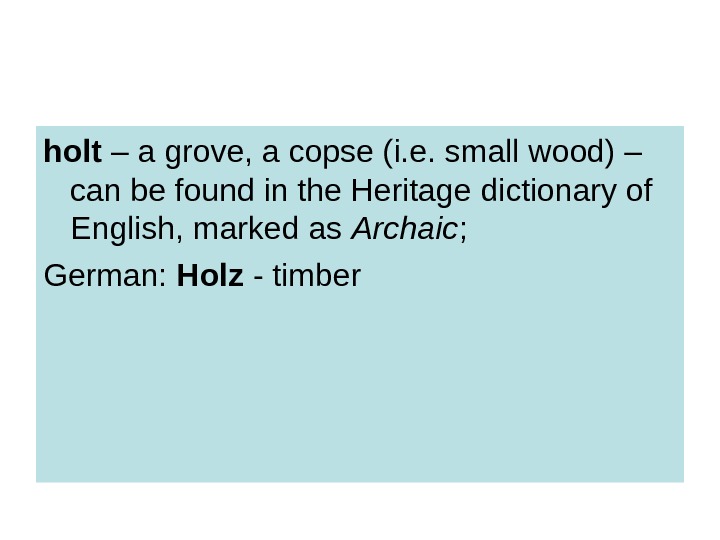
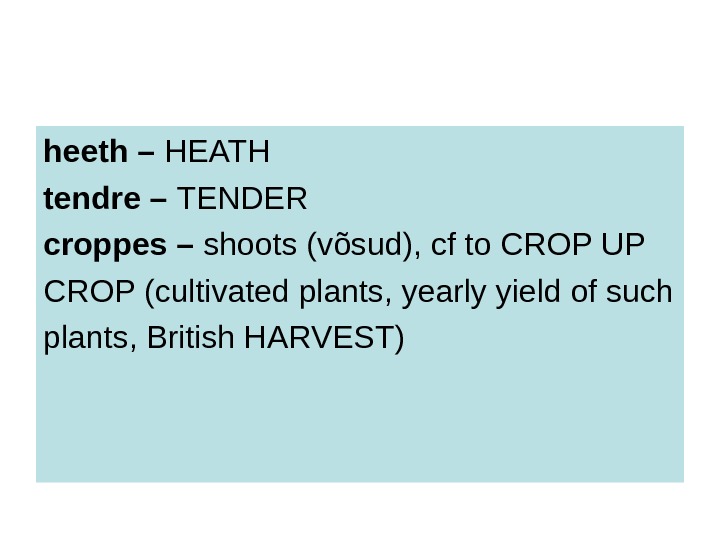
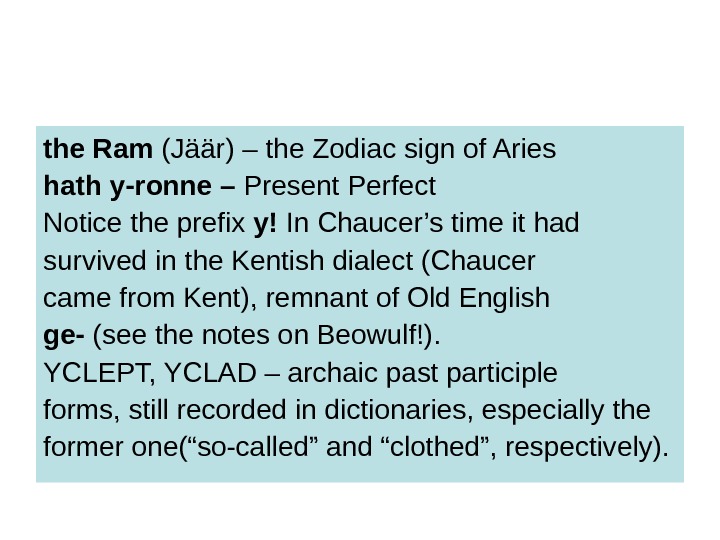
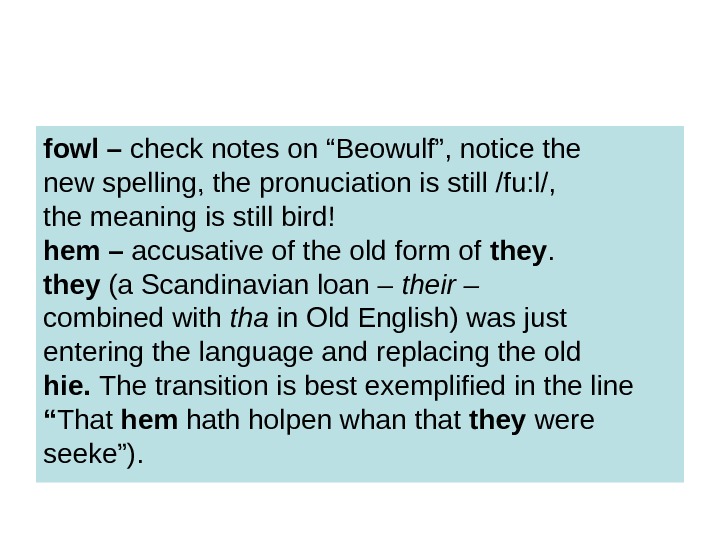
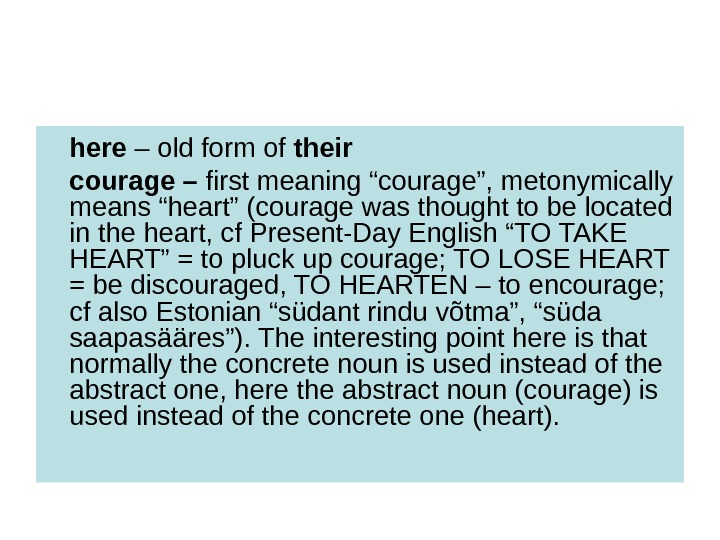
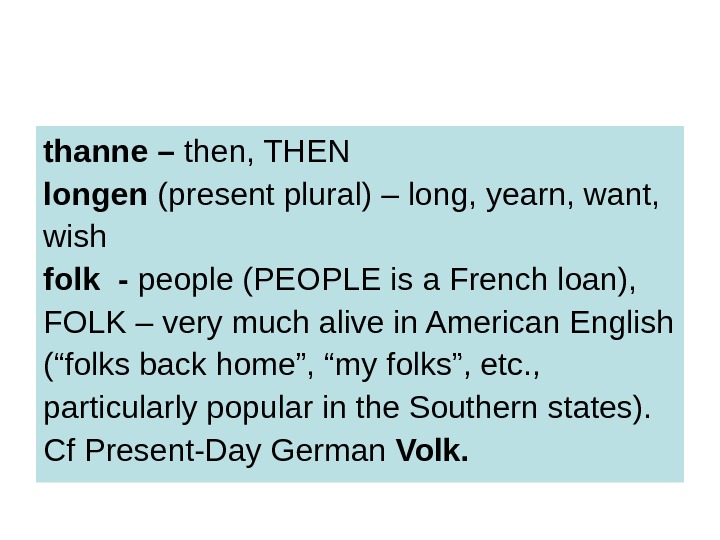
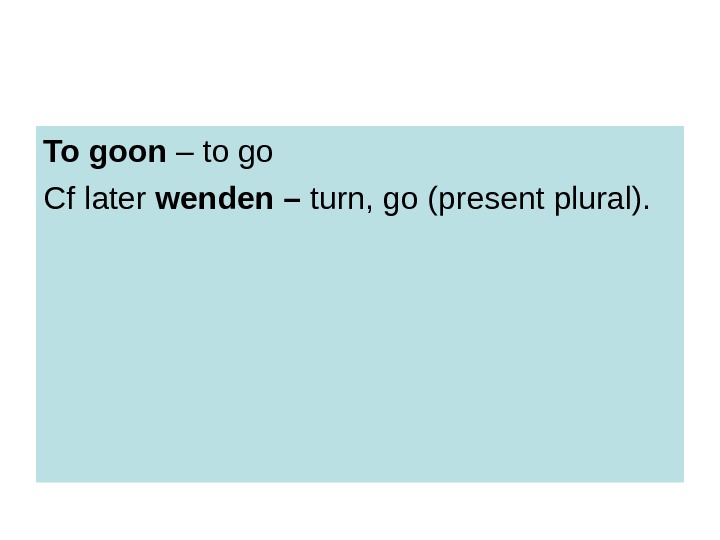

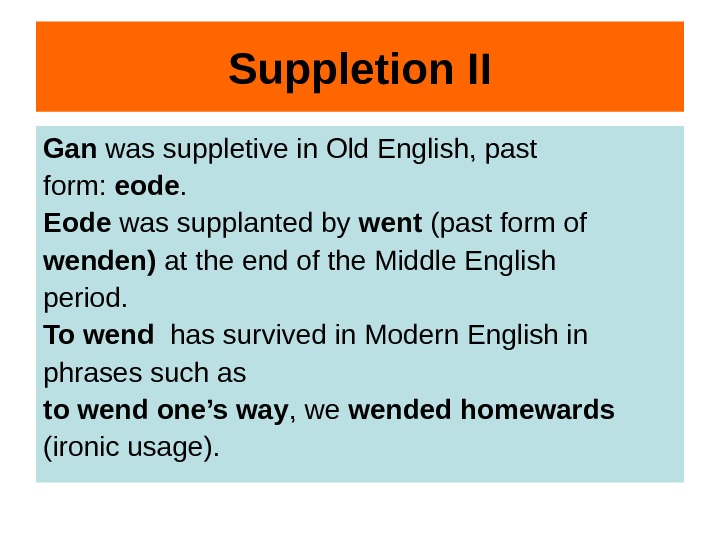
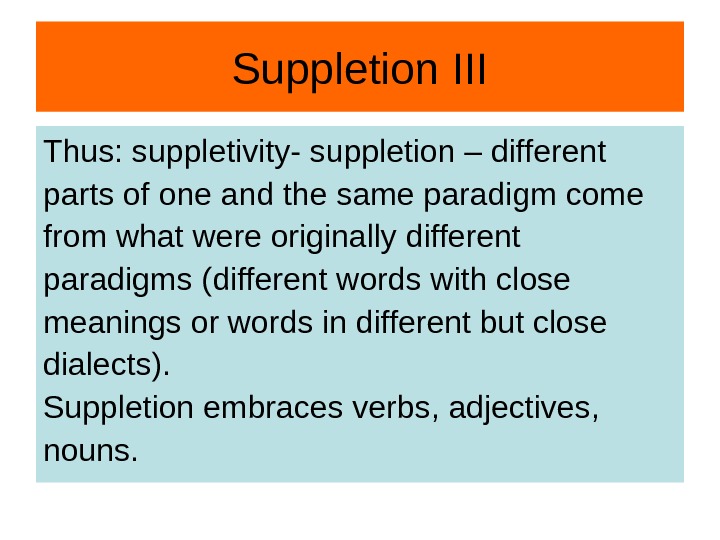
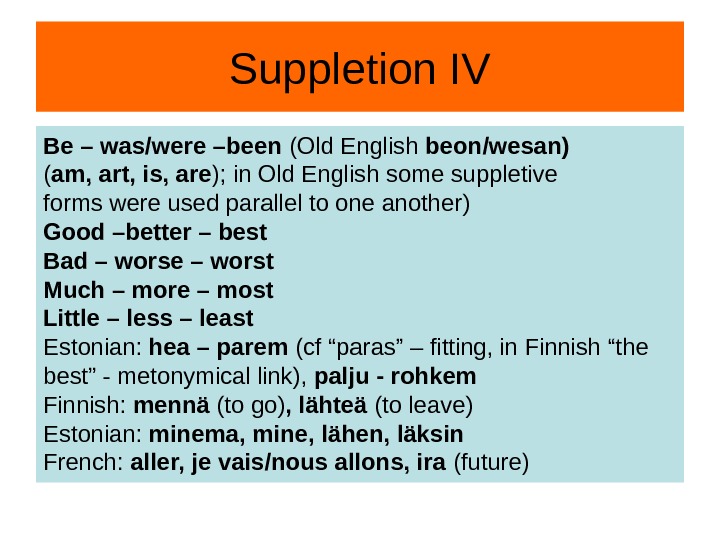
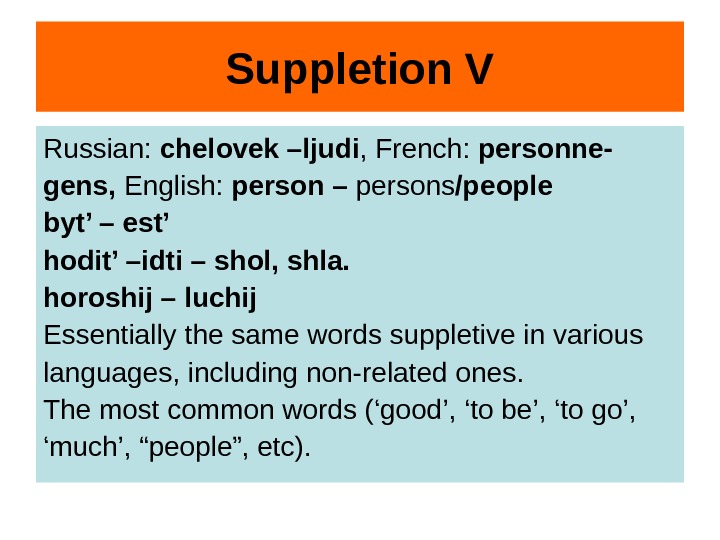
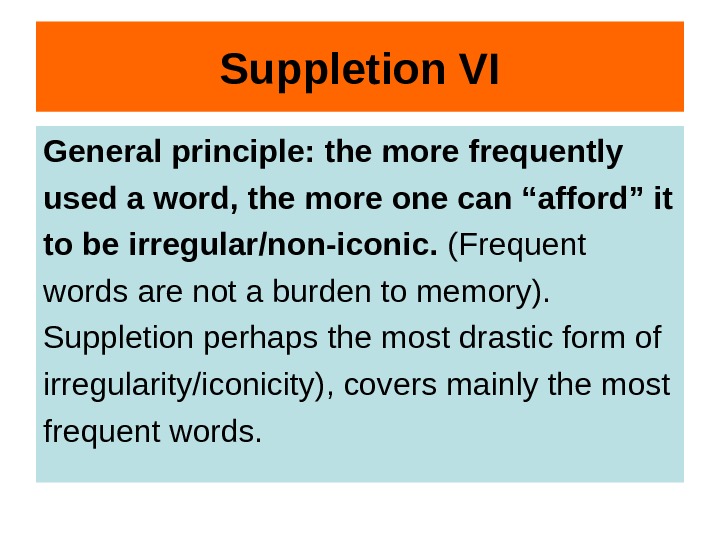
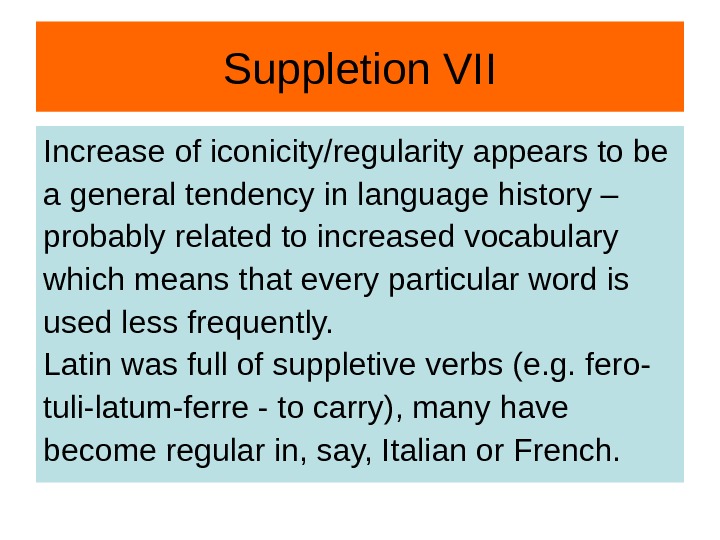

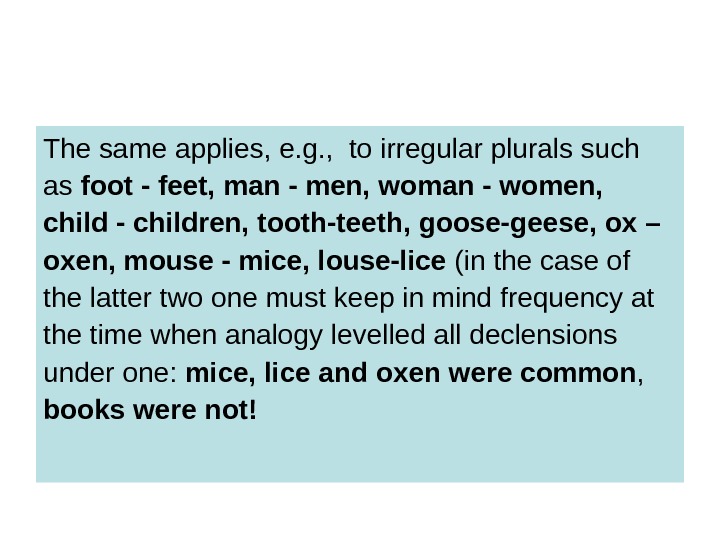
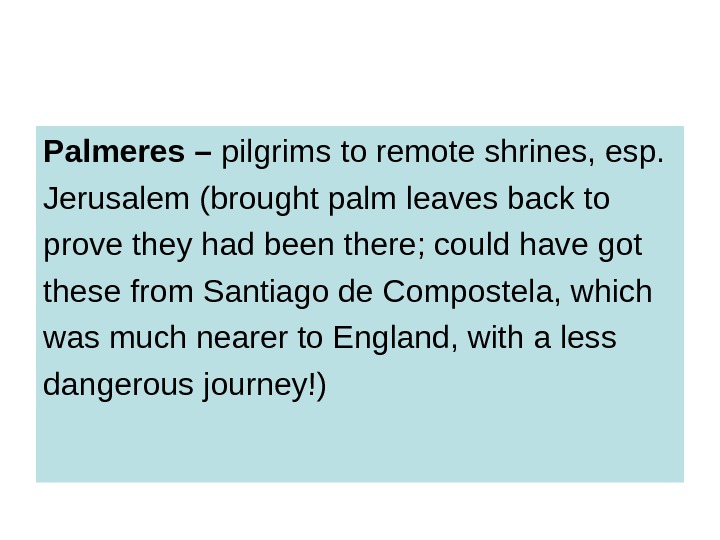
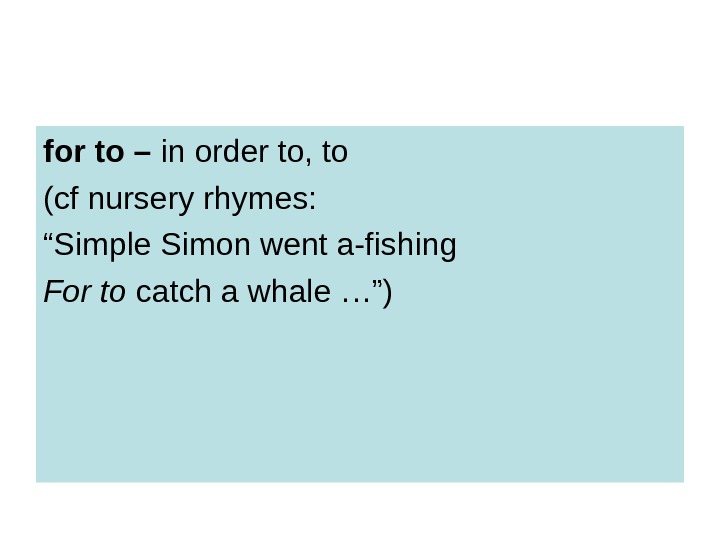
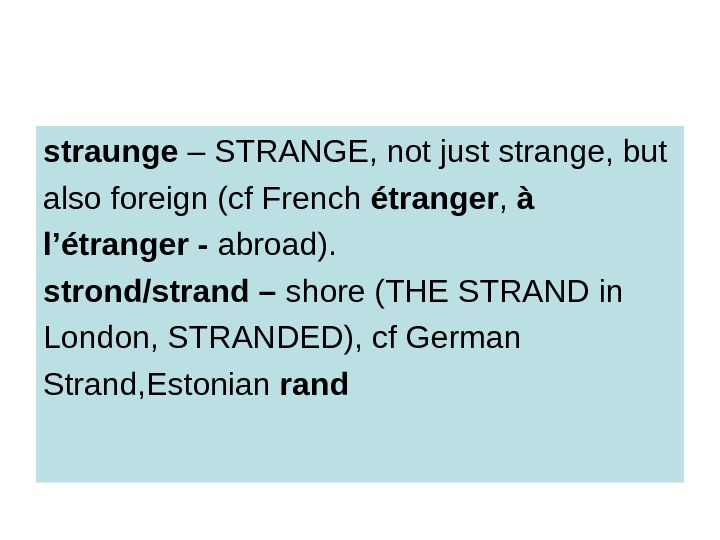
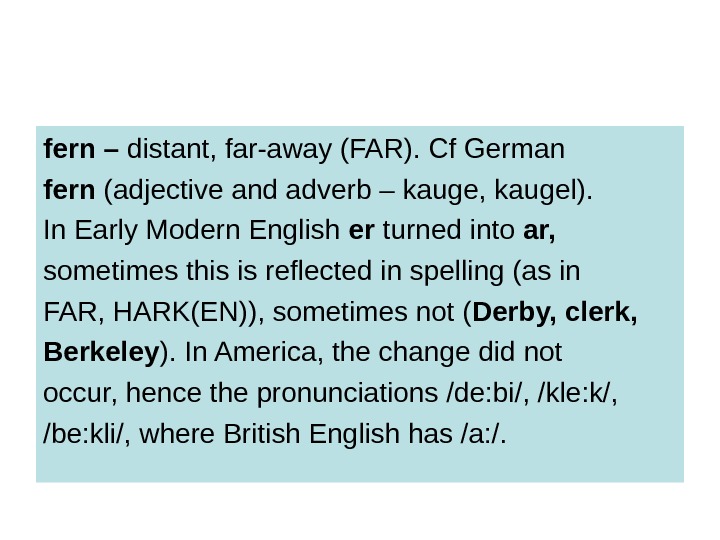
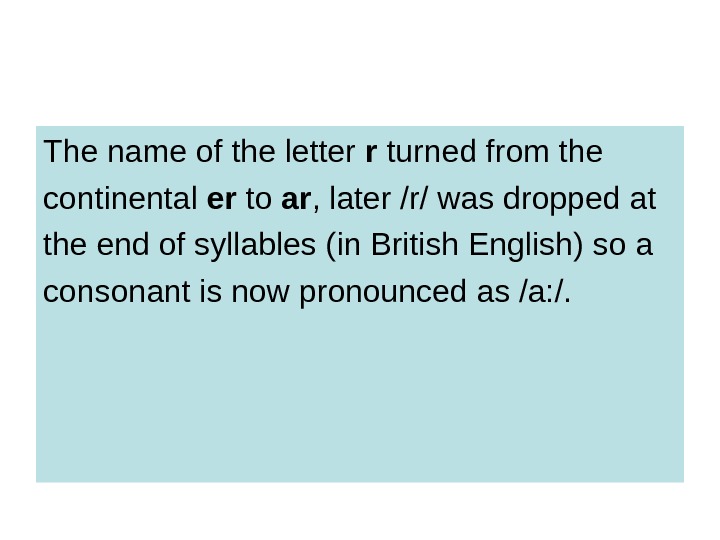

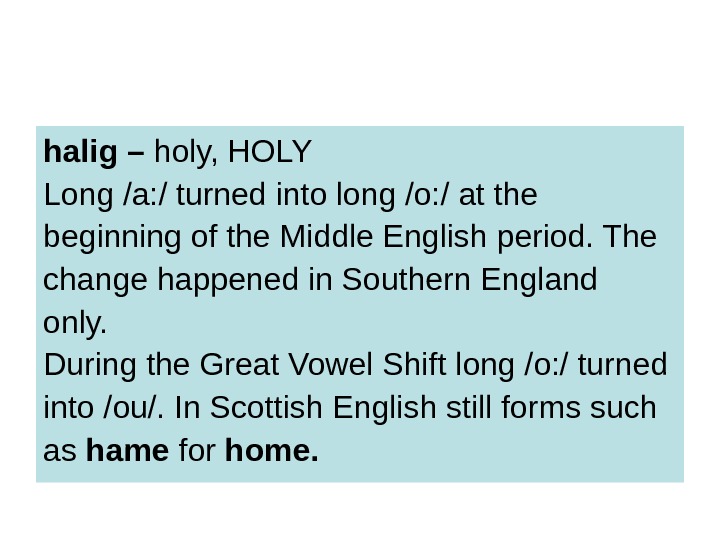
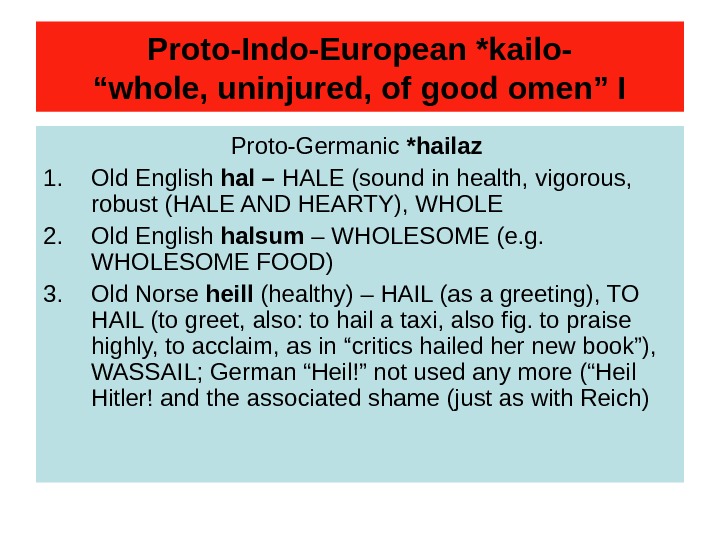
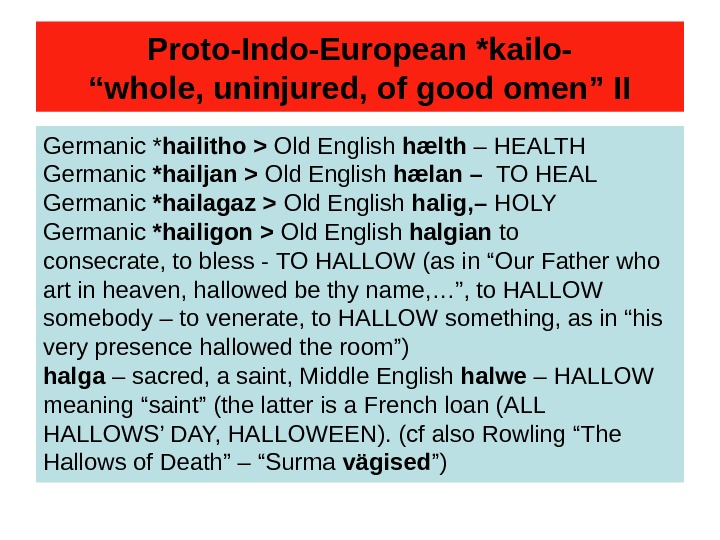
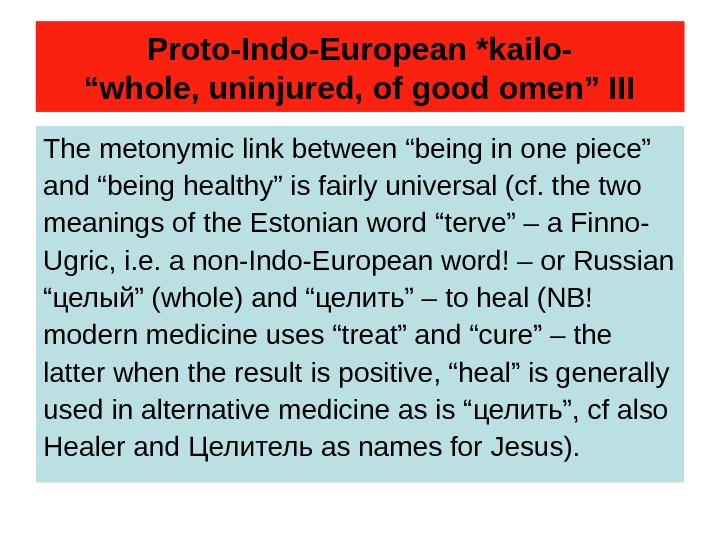
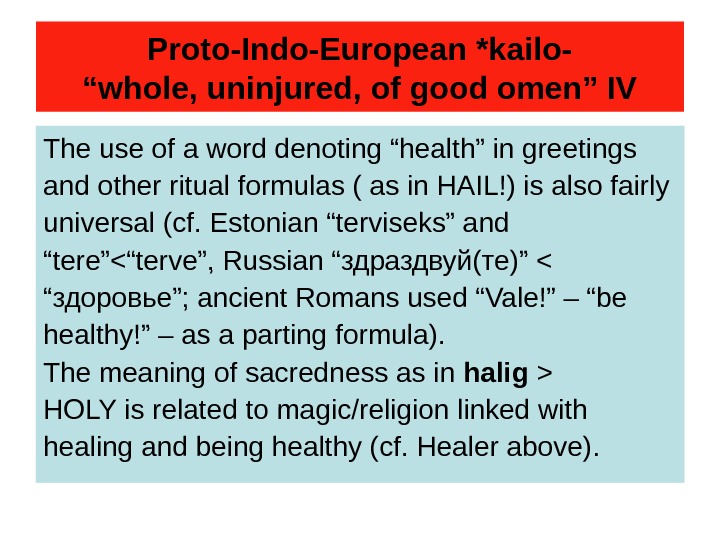
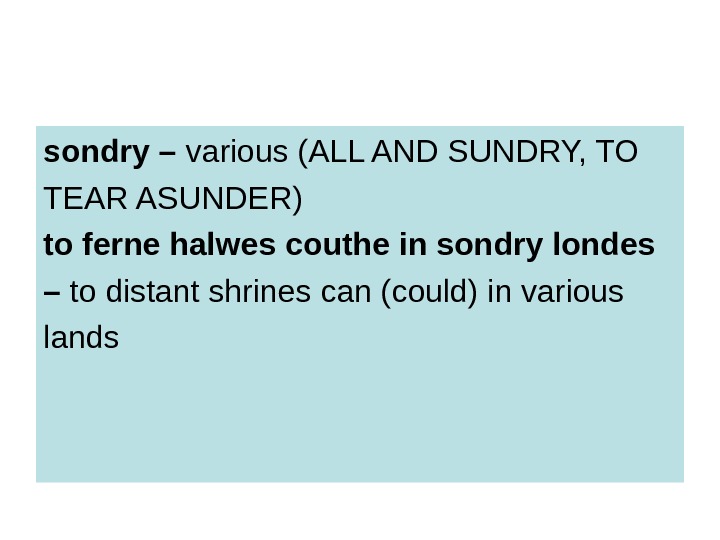
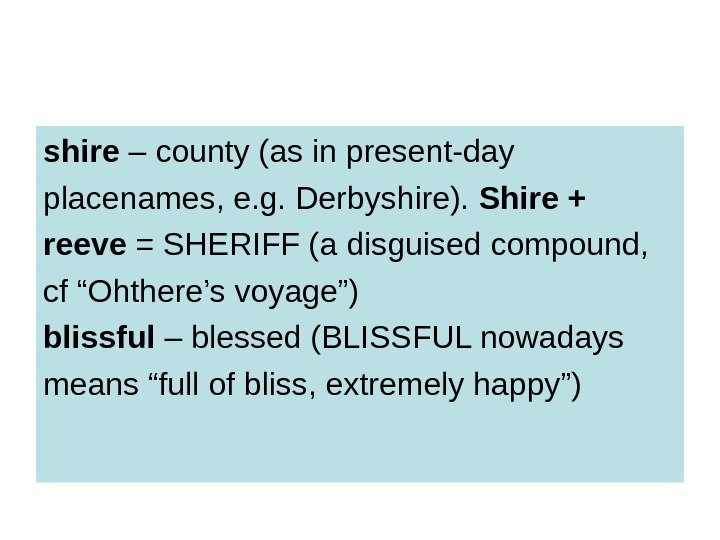
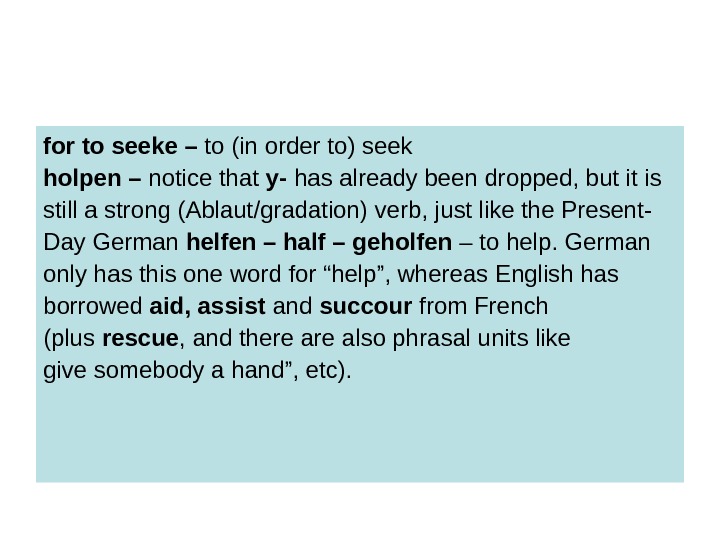
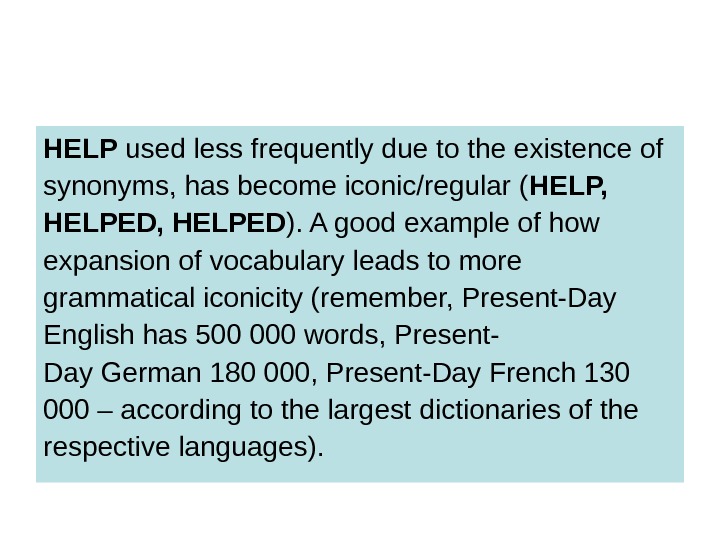
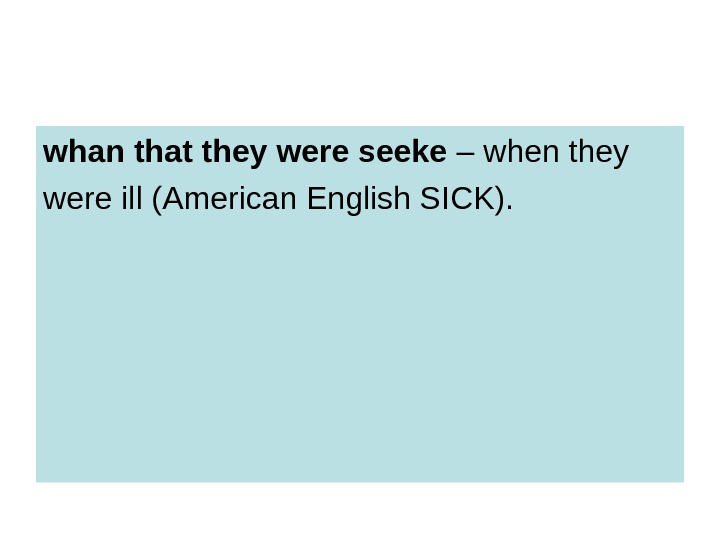
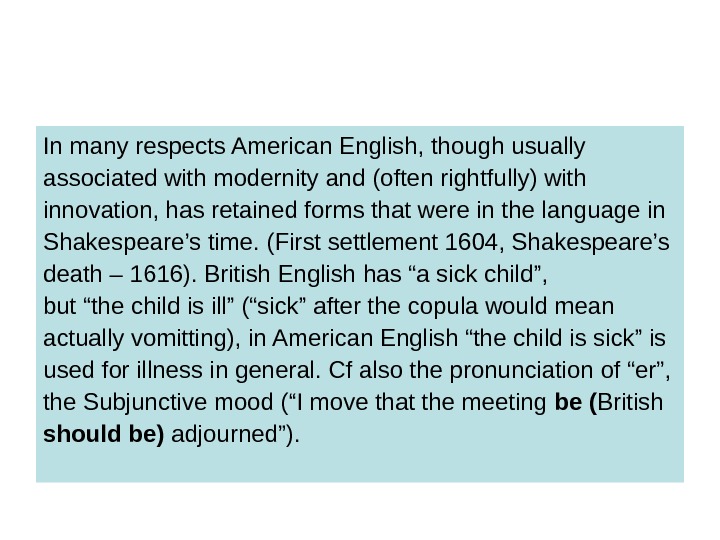
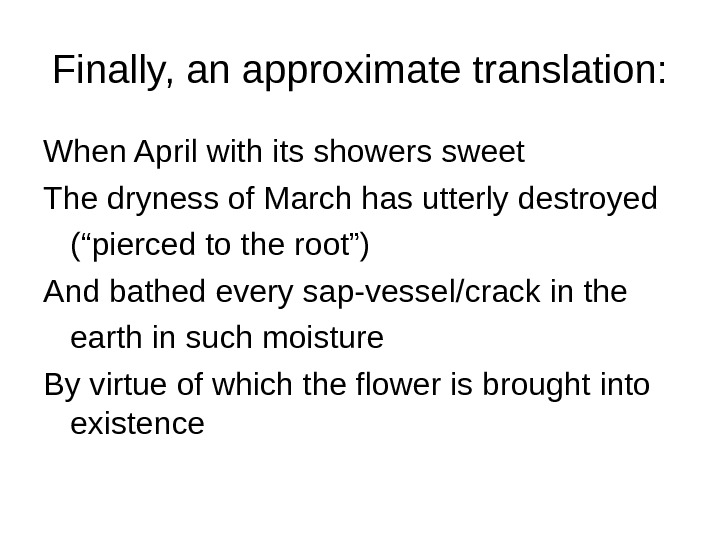
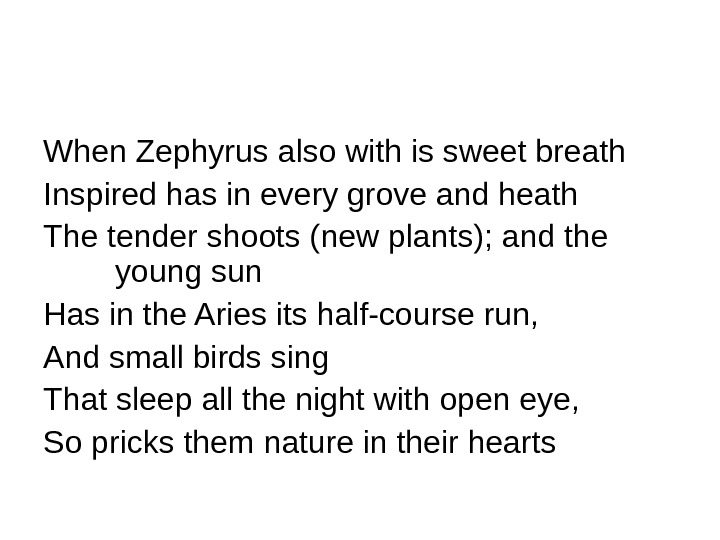
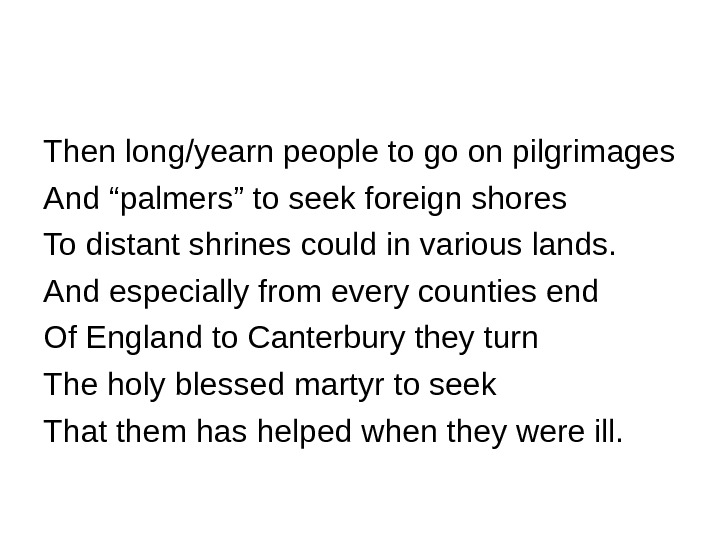
history_of_english_i_part_7_prologue_2008.ppt
- Размер: 691 Кб
- Количество слайдов: 66
Описание презентации History of English I, Part 7 Krista по слайдам
 History of English I, Part 7 Krista Vogelberg The Prologue to the Canterbury tales (Selections, p. 31 -33) (includes pronunciation)
History of English I, Part 7 Krista Vogelberg The Prologue to the Canterbury tales (Selections, p. 31 -33) (includes pronunciation)
 Chaucer (1340 – 1400? wrote the Canterbury Tales towards the end of his life, the work is unfinished
Chaucer (1340 – 1400? wrote the Canterbury Tales towards the end of his life, the work is unfinished
 Canterbury Cathedral today
Canterbury Cathedral today
 “ Who will rid me of this turbulent priest? ” Murder in the cathedral
“ Who will rid me of this turbulent priest? ” Murder in the cathedral
 Pronunciation http: //academics. vmi. edu/english/audio/GP- opening. html
Pronunciation http: //academics. vmi. edu/english/audio/GP- opening. html
 Canterbury pilgrims by William Blake
Canterbury pilgrims by William Blake
 Whan that Aprille with his shoures soote The drought of March hath perced to the roote, And bathed every vein in swich licour , Of which vertue engendred is the flour , And Zephyrus eek with his sweete breeth Inspired hath in every holt and heeth The tendre croppes. And the yonge sonne Hath in the Ram his halve cours y-ronne,
Whan that Aprille with his shoures soote The drought of March hath perced to the roote, And bathed every vein in swich licour , Of which vertue engendred is the flour , And Zephyrus eek with his sweete breeth Inspired hath in every holt and heeth The tendre croppes. And the yonge sonne Hath in the Ram his halve cours y-ronne,
 And smale fowles maken melodye , That slepen all the night with open ye, So priketh hem nature in here courages , Thanne longen folk to goon on pilgrimages, And palmeres for to seeken straunge strondes In ferne halwes couthe in sondry londes. And specially from every shires ende Of Engelond to Caunterbury they wende The hooly blisful martyr for to seeke That hem hath holpen whan that they were seeke.
And smale fowles maken melodye , That slepen all the night with open ye, So priketh hem nature in here courages , Thanne longen folk to goon on pilgrimages, And palmeres for to seeken straunge strondes In ferne halwes couthe in sondry londes. And specially from every shires ende Of Engelond to Caunterbury they wende The hooly blisful martyr for to seeke That hem hath holpen whan that they were seeke.
 Red words are (Norman) French loans in Middle English. Chaucer himself borrowed a great deal (was fluent in French). (It should be borne in mind that we can never say precisely when and by whom a loan was introduced since we do not have all documents of that age plus there was always oral speech; however, the likelihood that Chaucer was the first user in many cases is quite considerable).
Red words are (Norman) French loans in Middle English. Chaucer himself borrowed a great deal (was fluent in French). (It should be borne in mind that we can never say precisely when and by whom a loan was introduced since we do not have all documents of that age plus there was always oral speech; however, the likelihood that Chaucer was the first user in many cases is quite considerable).
 Deterioration of meaning and loanwords Wyrm in Old English meant ‘serpent (dragon)’, now worm Stol in Old English meant ‘throne’
Deterioration of meaning and loanwords Wyrm in Old English meant ‘serpent (dragon)’, now worm Stol in Old English meant ‘throne’
 http: //www. youtube. com/watch? v=OGUh. Hb. BB 0 x 4 &feature=related Not obligatory! For those temporarily tired of studying , something directly based on this (yet historically, obviously, totally inaccurate!!! Thomas à Becket was born c. 1118 and was murdered on December 29, 1179, having been Archbishop of Canterbury from 1162 to 1170. Becket was canonised after his death, his burial place – Canterbury cathedral – became a destination for pilgrimages). The “Black Adder“ episode above (in 6 parts) plays on the very real strife between the church and the king (that did not end until the Reformation in 1533) and, inspired by the story of Becket, pretends that all Archbishops of Canterbury meet an early and violent death.
http: //www. youtube. com/watch? v=OGUh. Hb. BB 0 x 4 &feature=related Not obligatory! For those temporarily tired of studying , something directly based on this (yet historically, obviously, totally inaccurate!!! Thomas à Becket was born c. 1118 and was murdered on December 29, 1179, having been Archbishop of Canterbury from 1162 to 1170. Becket was canonised after his death, his burial place – Canterbury cathedral – became a destination for pilgrimages). The “Black Adder“ episode above (in 6 parts) plays on the very real strife between the church and the king (that did not end until the Reformation in 1533) and, inspired by the story of Becket, pretends that all Archbishops of Canterbury meet an early and violent death.
 Norman French influence on spelling I • u for /ju: / • y for /i/ (i is also kept, y used for calligraphic reasons!) • o for /u/ in cases where there are many upward sticks (e. g. , yonge sonne /junge sunne/ – for reasons of legibility, also influence of Norman French ou for /u: / • ou/ow/ouu for /u: / (v=u)
Norman French influence on spelling I • u for /ju: / • y for /i/ (i is also kept, y used for calligraphic reasons!) • o for /u/ in cases where there are many upward sticks (e. g. , yonge sonne /junge sunne/ – for reasons of legibility, also influence of Norman French ou for /u: / • ou/ow/ouu for /u: / (v=u)
 Norman French spelling II • Loss of thorn-letter and edh-letter – th instead • sh instead of sc for /S/ • gh for ich-Laut and ach-Laut • In loanwords g stands for /dz/ (engendred, courages, pilgrimages, straunge), ch for /t. S/, c for /s/, z for /z/, ph for /f/
Norman French spelling II • Loss of thorn-letter and edh-letter – th instead • sh instead of sc for /S/ • gh for ich-Laut and ach-Laut • In loanwords g stands for /dz/ (engendred, courages, pilgrimages, straunge), ch for /t. S/, c for /s/, z for /z/, ph for /f/
 Norman French influence on pronunciation Diphthongs changed: /ea/, /eo/ gone, /au/, /oi/, /ai/, etc entered the language. /ü/ gone (turned into /i/), the respective French sound pronounced as /ju: /.
Norman French influence on pronunciation Diphthongs changed: /ea/, /eo/ gone, /au/, /oi/, /ai/, etc entered the language. /ü/ gone (turned into /i/), the respective French sound pronounced as /ju: /.
 However, in the main the pronunciation did not change, this was still a pre-Great- Vowel-shift time: e — /e: /, i — /i: /, a /a: /, ow — /u: /, etc. Ich-Laut, ach-Laut still there. Short vowels also have the so-called continental pronunciation.
However, in the main the pronunciation did not change, this was still a pre-Great- Vowel-shift time: e — /e: /, i — /i: /, a /a: /, ow — /u: /, etc. Ich-Laut, ach-Laut still there. Short vowels also have the so-called continental pronunciation.
 Important: e at the end of words and even word-internally could be pronounced but did not have to be pronounced. In the case of Chaucer the main rule is: pronounce them if this is called for by the metre (iambic pentameter). For a time this was forgotten, hence Dryden called Chaucer a “rough diamond” – i. e. a genius who was not able to keep the metre – wrong!
Important: e at the end of words and even word-internally could be pronounced but did not have to be pronounced. In the case of Chaucer the main rule is: pronounce them if this is called for by the metre (iambic pentameter). For a time this was forgotten, hence Dryden called Chaucer a “rough diamond” – i. e. a genius who was not able to keep the metre – wrong!
 Grammar: levelled endings. The principle of analogy: Old English : fot – fet /fo: t/ — /fe: t/ boc – bec /bo: k/ — /be: k/ But : stan – stanas – far more frequent
Grammar: levelled endings. The principle of analogy: Old English : fot – fet /fo: t/ — /fe: t/ boc – bec /bo: k/ — /be: k/ But : stan – stanas – far more frequent
 Analogy ston – stones ( from Old English Stan – stanas) boc – X X = boces/bookes. Two opposing tendencies in the history of any language 1) ease of pronunciation (sound laws – regular, but produce grammatical irregularity) 2) Link between sound and sense (analogy – irregular but produces grammatical regularity)
Analogy ston – stones ( from Old English Stan – stanas) boc – X X = boces/bookes. Two opposing tendencies in the history of any language 1) ease of pronunciation (sound laws – regular, but produce grammatical irregularity) 2) Link between sound and sense (analogy – irregular but produces grammatical regularity)
 Iconicity Analogy produces iconicity: a relation of equivalence between sense and sound. Most obvious case of iconicity: onomatopoea. However, there are many more types of iconicity: 1) No known language has a plural form that is shorter than the respective singular, 2) Same ending for the same meaning: stones, books, etc (i. e. all plurals end in s) 3) Order of clauses the same as order of events (“They married and had a child” versus “They had a child and married”), etc.
Iconicity Analogy produces iconicity: a relation of equivalence between sense and sound. Most obvious case of iconicity: onomatopoea. However, there are many more types of iconicity: 1) No known language has a plural form that is shorter than the respective singular, 2) Same ending for the same meaning: stones, books, etc (i. e. all plurals end in s) 3) Order of clauses the same as order of events (“They married and had a child” versus “They had a child and married”), etc.
 The grammar of Middle English more iconic than that of Old English, that of Modern English even more so.
The grammar of Middle English more iconic than that of Old English, that of Modern English even more so.
 Middle English: articles in place (i. e. compulsory). While in Estonian the unstressed “see” and “üks” also perform the function of articles, their use is not regulated by obligatory rules (“Pane see raamat lauale” – “Put the book on the table” – in Estonian, we can say “Pane raamat lauale”, and it would be very unidiomatic to say “Pane see raamat sellele lauale”).
Middle English: articles in place (i. e. compulsory). While in Estonian the unstressed “see” and “üks” also perform the function of articles, their use is not regulated by obligatory rules (“Pane see raamat lauale” – “Put the book on the table” – in Estonian, we can say “Pane raamat lauale”, and it would be very unidiomatic to say “Pane see raamat sellele lauale”).
 His – both in Old English and in Middle English the genitive (possesive) form of both he and hit was his. Its is the latest addition to the English pronoun system: Shakespeare (16 th century) used its and his as neuter possessive (genitive) interchangeably. Milton (17 th century) was more of a linguistic purist, its was still considered as a “vulgar” form, only 3 cases of usage in his works.
His – both in Old English and in Middle English the genitive (possesive) form of both he and hit was his. Its is the latest addition to the English pronoun system: Shakespeare (16 th century) used its and his as neuter possessive (genitive) interchangeably. Milton (17 th century) was more of a linguistic purist, its was still considered as a “vulgar” form, only 3 cases of usage in his works.
 Middle English: perfect tenses ( hath y- ronne): were formed roughly on the following logic: “ I had this picture put up on the wall” – “I had put this picture up on the wall”
Middle English: perfect tenses ( hath y- ronne): were formed roughly on the following logic: “ I had this picture put up on the wall” – “I had put this picture up on the wall”
 drought — nowadays means “põud”, original meaning: “dryness” (*driug – dry – a Germanic root)
drought — nowadays means “põud”, original meaning: “dryness” (*driug – dry – a Germanic root)
 hath – has (cf the Biblical idiom “pride goeth/goes before the fall” – still used also in the old, the Shakespearean idiom “Heaven hath no fury like a woman scorned”) Hath pierced – Present Perfect (see above the introduction of analytical tenses into English)
hath – has (cf the Biblical idiom “pride goeth/goes before the fall” – still used also in the old, the Shakespearean idiom “Heaven hath no fury like a woman scorned”) Hath pierced – Present Perfect (see above the introduction of analytical tenses into English)
 licour – Middle English from Old French (liquid, beverage) (cf Present-Day American English liquor – strong alcohol; does also mean occasionally other liquids – broth or juice as produce in cooking, pharmaceutical liquids)
licour – Middle English from Old French (liquid, beverage) (cf Present-Day American English liquor – strong alcohol; does also mean occasionally other liquids – broth or juice as produce in cooking, pharmaceutical liquids)
 of which vertue – by virtue of which, by the strength of which (i. e. Present-Day BY VIRTUE OF – because of, by the strength of)
of which vertue – by virtue of which, by the strength of which (i. e. Present-Day BY VIRTUE OF – because of, by the strength of)
 engendred – created TO ENGENDER – to bring into existence, to give rise to, to produce, i. e. usually figurative, but also: to procreate, propagate
engendred – created TO ENGENDER – to bring into existence, to give rise to, to produce, i. e. usually figurative, but also: to procreate, propagate
 Zephirus – (Greek mythology) west wind (warm)
Zephirus – (Greek mythology) west wind (warm)
 eek – also (German auch ) Cf EKE OUT (e. g. , a salary by doing odd jobs – Middle English eken – to increase)
eek – also (German auch ) Cf EKE OUT (e. g. , a salary by doing odd jobs – Middle English eken – to increase)
 holt – a grove, a copse (i. e. small wood) – can be found in the Heritage dictionary of English, marked as Archaic ; German: Holz — timber
holt – a grove, a copse (i. e. small wood) – can be found in the Heritage dictionary of English, marked as Archaic ; German: Holz — timber
 heeth – HEATH tendre – TENDER croppes – shoots (võsud), cf to CROP UP CROP (cultivated plants, yearly yield of such plants, British HARVEST)
heeth – HEATH tendre – TENDER croppes – shoots (võsud), cf to CROP UP CROP (cultivated plants, yearly yield of such plants, British HARVEST)
 the Ram (Jäär) – the Zodiac sign of Aries hath y-ronne – Present Perfect Notice the prefix y! In Chaucer’s time it had survived in the Kentish dialect (Chaucer came from Kent), remnant of Old English ge- (see the notes on Beowulf!). YCLEPT, YCLAD – archaic past participle forms, still recorded in dictionaries, especially the former one(“so-called” and “clothed”, respectively).
the Ram (Jäär) – the Zodiac sign of Aries hath y-ronne – Present Perfect Notice the prefix y! In Chaucer’s time it had survived in the Kentish dialect (Chaucer came from Kent), remnant of Old English ge- (see the notes on Beowulf!). YCLEPT, YCLAD – archaic past participle forms, still recorded in dictionaries, especially the former one(“so-called” and “clothed”, respectively).
 fowl – check notes on “Beowulf”, notice the new spelling, the pronuciation is still /fu: l/, the meaning is still bird! hem – accusative of the old form of they (a Scandinavian loan – their – combined with tha in Old English) was just entering the language and replacing the old hie. The transition is best exemplified in the line “ That hem hath holpen whan that they were seeke”).
fowl – check notes on “Beowulf”, notice the new spelling, the pronuciation is still /fu: l/, the meaning is still bird! hem – accusative of the old form of they (a Scandinavian loan – their – combined with tha in Old English) was just entering the language and replacing the old hie. The transition is best exemplified in the line “ That hem hath holpen whan that they were seeke”).
 here – old form of their courage – first meaning “courage”, metonymically means “heart” (courage was thought to be located in the heart, cf Present-Day English “TO TAKE HEART” = to pluck up courage; TO LOSE HEART = be discouraged, TO HEARTEN – to encourage; cf also Estonian “südant rindu võtma”, “süda saapasääres”). The interesting point here is that normally the concrete noun is used instead of the abstract one, here the abstract noun (courage) is used instead of the concrete one (heart).
here – old form of their courage – first meaning “courage”, metonymically means “heart” (courage was thought to be located in the heart, cf Present-Day English “TO TAKE HEART” = to pluck up courage; TO LOSE HEART = be discouraged, TO HEARTEN – to encourage; cf also Estonian “südant rindu võtma”, “süda saapasääres”). The interesting point here is that normally the concrete noun is used instead of the abstract one, here the abstract noun (courage) is used instead of the concrete one (heart).
 thanne – then, THEN longen (present plural) – long, yearn, want, wish folk — people (PEOPLE is a French loan), FOLK – very much alive in American English (“folks back home”, “my folks”, etc. , particularly popular in the Southern states). Cf Present-Day German Volk.
thanne – then, THEN longen (present plural) – long, yearn, want, wish folk — people (PEOPLE is a French loan), FOLK – very much alive in American English (“folks back home”, “my folks”, etc. , particularly popular in the Southern states). Cf Present-Day German Volk.
 To goon – to go Cf later wenden – turn, go (present plural).
To goon – to go Cf later wenden – turn, go (present plural).
 Suppletivity = suppletion I Present in languages of different families. Present in Old, Middle and Modern English, though the general tendency is towards more regularity/iconicity so the number of suppletive forms has decreased. In the text: goon – to go wenden — to turn
Suppletivity = suppletion I Present in languages of different families. Present in Old, Middle and Modern English, though the general tendency is towards more regularity/iconicity so the number of suppletive forms has decreased. In the text: goon – to go wenden — to turn
 Suppletion II Gan was suppletive in Old English, past form: eode. Eode was supplanted by went (past form of wenden) at the end of the Middle English period. To wend has survived in Modern English in phrases such as to wend one’s way , we wended homewards (ironic usage).
Suppletion II Gan was suppletive in Old English, past form: eode. Eode was supplanted by went (past form of wenden) at the end of the Middle English period. To wend has survived in Modern English in phrases such as to wend one’s way , we wended homewards (ironic usage).
 Suppletion III Thus: suppletivity- suppletion – different parts of one and the same paradigm come from what were originally different paradigms (different words with close meanings or words in different but close dialects). Suppletion embraces verbs, adjectives, nouns.
Suppletion III Thus: suppletivity- suppletion – different parts of one and the same paradigm come from what were originally different paradigms (different words with close meanings or words in different but close dialects). Suppletion embraces verbs, adjectives, nouns.
 Suppletion IV Be – was/were –been (Old English beon/wesan) ( am, art, is, are ); in Old English some suppletive forms were used parallel to one another) Good –better – best Bad – worse – worst Much – more – most Little – less – least Estonian: hea – parem (cf “paras” – fitting, in Finnish “the best” — metonymical link), palju — rohkem Finnish: mennä (to go) , lähteä (to leave) Estonian: minema, mine, lähen, läksin French: aller, je vais/nous allons, ira (future)
Suppletion IV Be – was/were –been (Old English beon/wesan) ( am, art, is, are ); in Old English some suppletive forms were used parallel to one another) Good –better – best Bad – worse – worst Much – more – most Little – less – least Estonian: hea – parem (cf “paras” – fitting, in Finnish “the best” — metonymical link), palju — rohkem Finnish: mennä (to go) , lähteä (to leave) Estonian: minema, mine, lähen, läksin French: aller, je vais/nous allons, ira (future)
 Suppletion V Russian: chelovek –ljudi , French: personne- gens, English: person – persons /people byt’ – est’ hodit’ –idti – shol, shla. horoshij – luchij Essentially the same words suppletive in various languages, including non-related ones. The most common words (‘good’, ‘to be’, ‘to go’, ‘ much’, “people”, etc).
Suppletion V Russian: chelovek –ljudi , French: personne- gens, English: person – persons /people byt’ – est’ hodit’ –idti – shol, shla. horoshij – luchij Essentially the same words suppletive in various languages, including non-related ones. The most common words (‘good’, ‘to be’, ‘to go’, ‘ much’, “people”, etc).
 Suppletion VI General principle: the more frequently used a word, the more one can “afford” it to be irregular/non-iconic. (Frequent words are not a burden to memory). Suppletion perhaps the most drastic form of irregularity/iconicity), covers mainly the most frequent words.
Suppletion VI General principle: the more frequently used a word, the more one can “afford” it to be irregular/non-iconic. (Frequent words are not a burden to memory). Suppletion perhaps the most drastic form of irregularity/iconicity), covers mainly the most frequent words.
 Suppletion VII Increase of iconicity/regularity appears to be a general tendency in language history – probably related to increased vocabulary which means that every particular word is used less frequently. Latin was full of suppletive verbs (e. g. fero- tuli-latum-ferre — to carry), many have become regular in, say, Italian or French.
Suppletion VII Increase of iconicity/regularity appears to be a general tendency in language history – probably related to increased vocabulary which means that every particular word is used less frequently. Latin was full of suppletive verbs (e. g. fero- tuli-latum-ferre — to carry), many have become regular in, say, Italian or French.
 General principle: the more frequently used a word, the more one can “afford” it to be irregular/non-iconic. This also applies to “less irregular” words: the so-called strong verbs (German “starke Verben”) – those that have their forms made up by Ablaut/gradation, such as b ea r-b o re-b o rn(e) are also very frequent in oral speech and texts. The number of such verbs has shrunk in English (Old English just over 300 – the same number as in Present-Day German! – Modern English 100; plus new irregular verbs such as let , put , etc – here ease of pronunciation has been at work (“letted”, “putted” difficult to pronounce)
General principle: the more frequently used a word, the more one can “afford” it to be irregular/non-iconic. This also applies to “less irregular” words: the so-called strong verbs (German “starke Verben”) – those that have their forms made up by Ablaut/gradation, such as b ea r-b o re-b o rn(e) are also very frequent in oral speech and texts. The number of such verbs has shrunk in English (Old English just over 300 – the same number as in Present-Day German! – Modern English 100; plus new irregular verbs such as let , put , etc – here ease of pronunciation has been at work (“letted”, “putted” difficult to pronounce)
 The same applies, e. g. , to irregular plurals such as foot — feet, man — men, woman — women, child — children, tooth-teeth, goose-geese, ox – oxen, mouse — mice, louse-lice (in the case of the latter two one must keep in mind frequency at the time when analogy levelled all declensions under one: mice, lice and oxen were common , books were not!
The same applies, e. g. , to irregular plurals such as foot — feet, man — men, woman — women, child — children, tooth-teeth, goose-geese, ox – oxen, mouse — mice, louse-lice (in the case of the latter two one must keep in mind frequency at the time when analogy levelled all declensions under one: mice, lice and oxen were common , books were not!
 Palmeres – pilgrims to remote shrines, esp. Jerusalem (brought palm leaves back to prove they had been there; could have got these from Santiago de Compostela, which was much nearer to England, with a less dangerous journey!)
Palmeres – pilgrims to remote shrines, esp. Jerusalem (brought palm leaves back to prove they had been there; could have got these from Santiago de Compostela, which was much nearer to England, with a less dangerous journey!)
 for to – in order to, to (cf nursery rhymes: “ Simple Simon went a-fishing For to catch a whale …”)
for to – in order to, to (cf nursery rhymes: “ Simple Simon went a-fishing For to catch a whale …”)
 straunge – STRANGE, not just strange, but also foreign (cf French étranger , à l’étranger — abroad). strond/strand – shore (THE STRAND in London, STRANDED), cf German Strand, Estonian rand
straunge – STRANGE, not just strange, but also foreign (cf French étranger , à l’étranger — abroad). strond/strand – shore (THE STRAND in London, STRANDED), cf German Strand, Estonian rand
 fern – distant, far-away (FAR). Cf German fern (adjective and adverb – kauge, kaugel). In Early Modern English er turned into ar, sometimes this is reflected in spelling (as in FAR, HARK(EN)), sometimes not ( Derby, clerk, Berkeley ). In America, the change did not occur, hence the pronunciations /de: bi/, /kle: k/, /be: kli/, where British English has /a: /.
fern – distant, far-away (FAR). Cf German fern (adjective and adverb – kauge, kaugel). In Early Modern English er turned into ar, sometimes this is reflected in spelling (as in FAR, HARK(EN)), sometimes not ( Derby, clerk, Berkeley ). In America, the change did not occur, hence the pronunciations /de: bi/, /kle: k/, /be: kli/, where British English has /a: /.
 The name of the letter r turned from the continental er to ar , later /r/ was dropped at the end of syllables (in British English) so a consonant is now pronounced as /a: /.
The name of the letter r turned from the continental er to ar , later /r/ was dropped at the end of syllables (in British English) so a consonant is now pronounced as /a: /.
 halwe – saint, metonymically shrine HALLOW Hooly – HOLY
halwe – saint, metonymically shrine HALLOW Hooly – HOLY
 halig – holy, HOLY Long /a: / turned into long /o: / at the beginning of the Middle English period. The change happened in Southern England only. During the Great Vowel Shift long /o: / turned into /ou/. In Scottish English still forms such as hame for home.
halig – holy, HOLY Long /a: / turned into long /o: / at the beginning of the Middle English period. The change happened in Southern England only. During the Great Vowel Shift long /o: / turned into /ou/. In Scottish English still forms such as hame for home.
 Proto-Indo-European *kailo- “whole, uninjured, of good omen” I Proto-Germanic *hailaz 1. Old English hal – HALE (sound in health, vigorous, robust (HALE AND HEARTY), WHOLE 2. Old English halsum – WHOLESOME (e. g. WHOLESOME FOOD) 3. Old Norse heill (healthy) – HAIL (as a greeting), TO HAIL (to greet, also: to hail a taxi, also fig. to praise highly, to acclaim, as in “critics hailed her new book”), WASSAIL; German “Heil!” not used any more (“Heil Hitler! and the associated shame (just as with Reich)
Proto-Indo-European *kailo- “whole, uninjured, of good omen” I Proto-Germanic *hailaz 1. Old English hal – HALE (sound in health, vigorous, robust (HALE AND HEARTY), WHOLE 2. Old English halsum – WHOLESOME (e. g. WHOLESOME FOOD) 3. Old Norse heill (healthy) – HAIL (as a greeting), TO HAIL (to greet, also: to hail a taxi, also fig. to praise highly, to acclaim, as in “critics hailed her new book”), WASSAIL; German “Heil!” not used any more (“Heil Hitler! and the associated shame (just as with Reich)
 Proto-Indo-European *kailo- “whole, uninjured, of good omen” II Germanic * hailitho > Old English h æ lth – HEALTH Germanic *hailjan > Old English h æ lan – TO HEAL Germanic *hailagaz > Old English halig, – HOLY Germanic *hailigon > Old English halgian to consecrate, to bless — TO HALLOW (as in “Our Father who art in heaven, hallowed be thy name, …”, to HALLOW somebody – to venerate, to HALLOW something, as in “his very presence hallowed the room”) halga – sacred, a saint, Middle English halwe – HALLOW meaning “saint” (the latter is a French loan (ALL HALLOWS’ DAY, HALLOWEEN). (cf also Rowling “The Hallows of Death” – “Surma vägised ”)
Proto-Indo-European *kailo- “whole, uninjured, of good omen” II Germanic * hailitho > Old English h æ lth – HEALTH Germanic *hailjan > Old English h æ lan – TO HEAL Germanic *hailagaz > Old English halig, – HOLY Germanic *hailigon > Old English halgian to consecrate, to bless — TO HALLOW (as in “Our Father who art in heaven, hallowed be thy name, …”, to HALLOW somebody – to venerate, to HALLOW something, as in “his very presence hallowed the room”) halga – sacred, a saint, Middle English halwe – HALLOW meaning “saint” (the latter is a French loan (ALL HALLOWS’ DAY, HALLOWEEN). (cf also Rowling “The Hallows of Death” – “Surma vägised ”)
 Proto-Indo-European *kailo- “whole, uninjured, of good omen” III The metonymic link between “being in one piece” and “being healthy” is fairly universal (cf. the two meanings of the Estonian word “terve” – a Finno- Ugric, i. e. a non-Indo-European word! – or Russian “ целый ” (whole) and “ целить ” – to heal (NB! modern medicine uses “treat” and “cure” – the latter when the result is positive, “heal” is generally used in alternative medicine as is “ целить ”, cf also Healer and Целитель as names for Jesus).
Proto-Indo-European *kailo- “whole, uninjured, of good omen” III The metonymic link between “being in one piece” and “being healthy” is fairly universal (cf. the two meanings of the Estonian word “terve” – a Finno- Ugric, i. e. a non-Indo-European word! – or Russian “ целый ” (whole) and “ целить ” – to heal (NB! modern medicine uses “treat” and “cure” – the latter when the result is positive, “heal” is generally used in alternative medicine as is “ целить ”, cf also Healer and Целитель as names for Jesus).
 Proto-Indo-European *kailo- “whole, uninjured, of good omen” IV The use of a word denoting “health” in greetings and other ritual formulas ( as in HAIL!) is also fairly universal (cf. Estonian “terviseks” and “ tere”<“terve”, Russian “ здраздвуй ( те )” HOLY is related to magic/religion linked with healing and being healthy (cf. Healer above).
Proto-Indo-European *kailo- “whole, uninjured, of good omen” IV The use of a word denoting “health” in greetings and other ritual formulas ( as in HAIL!) is also fairly universal (cf. Estonian “terviseks” and “ tere”<“terve”, Russian “ здраздвуй ( те )” HOLY is related to magic/religion linked with healing and being healthy (cf. Healer above).
 sondry – various (ALL AND SUNDRY, TO TEAR ASUNDER) to ferne halwes couthe in sondry londes – to distant shrines can (could) in various lands
sondry – various (ALL AND SUNDRY, TO TEAR ASUNDER) to ferne halwes couthe in sondry londes – to distant shrines can (could) in various lands
 shire – county (as in present-day placenames, e. g. Derbyshire). Shire + reeve = SHERIFF (a disguised compound, cf “Ohthere’s voyage”) blissful – blessed (BLISSFUL nowadays means “full of bliss, extremely happy”)
shire – county (as in present-day placenames, e. g. Derbyshire). Shire + reeve = SHERIFF (a disguised compound, cf “Ohthere’s voyage”) blissful – blessed (BLISSFUL nowadays means “full of bliss, extremely happy”)
 for to seeke – to (in order to) seek holpen – notice that y- has already been dropped, but it is still a strong (Ablaut/gradation) verb, just like the Present- Day German helfen – half – geholfen – to help. German only has this one word for “help”, whereas English has borrowed aid, assist and succour from French (plus rescue , and there also phrasal units like give somebody a hand”, etc).
for to seeke – to (in order to) seek holpen – notice that y- has already been dropped, but it is still a strong (Ablaut/gradation) verb, just like the Present- Day German helfen – half – geholfen – to help. German only has this one word for “help”, whereas English has borrowed aid, assist and succour from French (plus rescue , and there also phrasal units like give somebody a hand”, etc).
 HELP used less frequently due to the existence of synonyms, has become iconic/regular ( HELP, HELPED, HELPED ). A good example of how expansion of vocabulary leads to more grammatical iconicity (remember, Present-Day English has 500 000 words, Present- Day German 180 000, Present-Day French 130 000 – according to the largest dictionaries of the respective languages).
HELP used less frequently due to the existence of synonyms, has become iconic/regular ( HELP, HELPED, HELPED ). A good example of how expansion of vocabulary leads to more grammatical iconicity (remember, Present-Day English has 500 000 words, Present- Day German 180 000, Present-Day French 130 000 – according to the largest dictionaries of the respective languages).
 whan that they were seeke – when they were ill (American English SICK).
whan that they were seeke – when they were ill (American English SICK).
 In many respects American English, though usually associated with modernity and (often rightfully) with innovation, has retained forms that were in the language in Shakespeare’s time. (First settlement 1604, Shakespeare’s death – 1616). British English has “a sick child”, but “the child is ill” (“sick” after the copula would mean actually vomitting), in American English “the child is sick” is used for illness in general. Cf also the pronunciation of “er”, the Subjunctive mood (“I move that the meeting be ( British should be) adjourned”).
In many respects American English, though usually associated with modernity and (often rightfully) with innovation, has retained forms that were in the language in Shakespeare’s time. (First settlement 1604, Shakespeare’s death – 1616). British English has “a sick child”, but “the child is ill” (“sick” after the copula would mean actually vomitting), in American English “the child is sick” is used for illness in general. Cf also the pronunciation of “er”, the Subjunctive mood (“I move that the meeting be ( British should be) adjourned”).
 Finally, an approximate translation: When April with its showers sweet The dryness of March has utterly destroyed (“pierced to the root”) And bathed every sap-vessel/crack in the earth in such moisture By virtue of which the flower is brought into existence
Finally, an approximate translation: When April with its showers sweet The dryness of March has utterly destroyed (“pierced to the root”) And bathed every sap-vessel/crack in the earth in such moisture By virtue of which the flower is brought into existence
 When Zephyrus also with is sweet breath Inspired has in every grove and heath The tender shoots (new plants); and the young sun Has in the Aries its half-course run, And small birds sing That sleep all the night with open eye, So pricks them nature in their hearts
When Zephyrus also with is sweet breath Inspired has in every grove and heath The tender shoots (new plants); and the young sun Has in the Aries its half-course run, And small birds sing That sleep all the night with open eye, So pricks them nature in their hearts
 Then long/yearn people to go on pilgrimages And “palmers” to seek foreign shores To distant shrines could in various lands. And especially from every counties end Of England to Canterbury they turn The holy blessed martyr to seek That them has helped when they were ill.
Then long/yearn people to go on pilgrimages And “palmers” to seek foreign shores To distant shrines could in various lands. And especially from every counties end Of England to Canterbury they turn The holy blessed martyr to seek That them has helped when they were ill.

